In today’s digital landscape, Software-as-a-Service (SaaS) solutions have become a cornerstone for businesses, offering unparalleled convenience, scalability, and efficiency. However, as organizations increasingly rely on cloud-based services, the need for robust security measures has grown exponentially. Protecting sensitive data, maintaining compliance with industry regulations, and building trust with customers is paramount for SaaS providers. By the end of this blog, you will have a solid understanding of the major SaaS security certifications, their importance, and the role they play in safeguarding customer data.
Also, discover the major SaaS security certifications in the USA, their significance, and how they ensure the protection of customer data – gain a comprehensive understanding by the end of this blog.”
What is SaaS Security ??
Software-as-a-service (SaaS) has revolutionized the way organizations operate by providing scalable and flexible solutions for various business functions. However, with the increasing reliance on cloud-based services, security concerns have become a top priority. To address these concerns, SaaS security certifications have emerged as a crucial aspect of ensuring the safety and integrity of data stored and processed in the cloud.
What are SaaS Security Certifications?
SaaS security certifications are industry-recognized credentials that validate the security measures implemented by SaaS providers. These certifications assess the provider’s adherence to stringent security standards, policies, and best practices, ensuring that customer data remains secure and protected from unauthorized access, breaches, and other potential risks.
Top 3 Reasons Why SaaS Security Certifications Are Essential
- Data Protection: SaaS security certifications guarantee that the SaaS provider implements robust security measures to protect sensitive data. By obtaining these certifications, organizations can ensure the confidentiality, integrity, and availability of their data.
- Compliance Requirements: Many industries have specific compliance regulations and standards related to data security and privacy. Such as GDPR (General Data Protection Regulation) or HIPAA (Health Insurance Portability and Accountability Act). SaaS security certifications help organizations meet these compliance requirements, minimizing legal and regulatory risks.
- Trust and Reputation: Achieving reputable SaaS security certifications demonstrates a commitment to security and builds trust with customers. It assures them that their data is in safe hands, enhancing the reputation and credibility of the SaaS provider.
Here are 5 Major SaaS Certifications
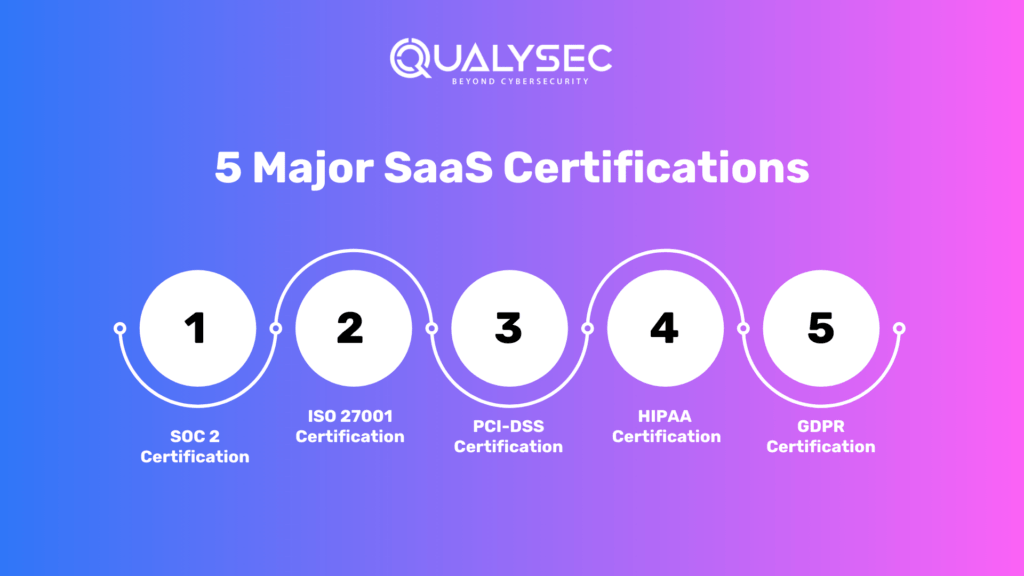
- SOC 2 Certification: The SOC 2 (Service Organization Control 2) certification focuses on the security, availability, processing integrity, confidentiality, and privacy of data stored and processed in the cloud. It ensures that the SaaS provider has the necessary controls in place to protect customer data.
- ISO 27001 Certification: ISO 27001 is an internationally recognized information security management standard. This certification validates that the SaaS provider has established a comprehensive information security management system (ISMS) to protect data and manage security risks effectively.
- PCI-DSS Certification: The Payment Card Industry Data Security Standard (PCI-DSS) certification is essential for SaaS providers handling credit card transactions. It ensures that they maintain a secure environment for processing, transmitting, and storing cardholder data, reducing the risk of payment card fraud.
- HIPAA Certification: HIPAA certification is crucial for SaaS providers handling electronically protected health information (ePHI). It verifies that the provider complies with the stringent security and privacy requirements mandated by the HIPAA regulations, protecting patient data from unauthorized access or disclosure.
- GDPR Certification: The General Data Protection Regulation (GDPR) certification is vital for SaaS providers serving customers in the European Union (EU). It validates that the provider follows the necessary data protection practices outlined in the GDPR, safeguarding the privacy and rights of EU citizens’ personal data.
For more information on the various certifications offered by Qualysec, click on the following link: https://qualysec.com/compliance
Vulnerability Assessment and Penetration Testing as Parts of the Certification Process
To achieve these certifications, SaaS providers typically undergo thorough vulnerability assessments and penetration testing. These processes involve identifying and addressing vulnerabilities. Therefore conducting controlled attacks to test the effectiveness of the security measures in place. By doing so, providers can identify and remediate any weaknesses in their systems, enhancing overall security.
1. Vulnerability Assessment: A vulnerability assessment involves systematically scanning the SaaS provider’s infrastructure, applications, and systems to identify weaknesses that could potentially be exploited by attackers. This process utilizes automated tools that scan for known vulnerabilities and misconfigurations. It also includes manual inspection and analysis by security experts to discover more complex or unique vulnerabilities.
2. Penetration Testing: Penetration testing, also known as ethical hacking, goes a step further than vulnerability assessment. It involves simulating real-world attacks to exploit identified vulnerabilities and gain unauthorized access to the SaaS provider’s systems. The goal is to evaluate the effectiveness of security controls, identify potential weaknesses, and assess the organization’s response to an attack.
Qualysec, The Best Service Provider
Qualysec is a leading Sass Security Certification Provider in the field of Cybersecurity and compliance management solutions. Their platform allows companies to conduct continuous monitoring, vulnerability assessment, and compliance management across their entire IT infrastructure with the help of AI.
Qualysec follows a comprehensive methodology that combines manual and automated testing techniques and AI to ensure maximum coverage of vulnerabilities. They also provide detailed reports that include a prioritized list of vulnerabilities, along with recommendations for remediation.
They work closely with organizations to understand their unique needs. Qualysec is also a leading provider of automated vulnerability scanning solutions, offering comprehensive scanning capabilities, advanced reporting and analysis, scalability and performance, industry expertise, and continuous support and updates.
Various services offered:
- Web App Pentesting
- Mobile App Pentesting
- API Pentesting
- Cloud Security Pentesting
- IoT Device Pentesting
- AI /ML Pen-testing
Qualysec offers professional blockchain security audits to help organizations identify and mitigate security risks within their blockchain networks. Their team of experienced experts conducts thorough assessments, code reviews, and penetration testing. This to ensure the highest level of security for your blockchain solution
The methodologies offered by Qualysec for Saas Application Security Testing are particularly beneficial for businesses that must adhere to industry rules or prove their dedication to security to clients and partners. So, by opting for Qualysec as a reliable service provider, businesses can ensure the safety of their web applications.
Hence, choose Qualysec for a comprehensive and reliable vulnerability scanning report. Also, their penetration testing guide will help you make informed decisions and understand the various factors that impact the cost. Hence, protect your assets and enhance your security posture by choosing us.
Conclusion
SaaS security certifications play a vital role in ensuring the integrity, confidentiality, and availability of data stored and processed in the cloud. By obtaining reputable certifications, SaaS providers demonstrate their commitment to data protection, meet compliance requirements, and gain a competitive advantage in the market. Customers can have peace of mind knowing that their data is in safe hands, protected by robust security measures endorsed by industry-recognized certifications.
There are several types of Saas Security, Security Audit Solutions one might need, and vulnerability scanners, including network scanners, host scanners, application scanners, cloud scanners, and wireless scanners. Each with its own set of benefits and use cases. Additionally, both internal and external vulnerability scanners are necessary. These cover all devices and systems that are accessible from within and outside of an organization’s network. We are always ready to help, talk to our Experts, and fill out your requirements.
Frequently Asked Questions
Q: How do SaaS security certifications benefit customers?
A: SaaS security certifications assure customers that their data is protected, meets compliance requirements, and enhance the provider’s trustworthiness.
Q: Do SaaS security certifications guarantee 100% security?
A: While certifications demonstrate a commitment to security, they do not guarantee absolute security. However, they significantly reduce the risk of breaches and data loss.
Q: Are all SaaS providers required to have certifications?
A: Certifications are not mandatory, but they are highly recommended for SaaS providers, especially those handling sensitive data or targeting regulated industries.
Q: How often do certifications need to be renewed?
A: Certifications typically have expiration dates and require periodic audits or assessments for renewal. The frequency varies depending on the certification and the certifying body’s requirements.
Q: Can SaaS providers share their certification status with customers?
A: Yes, SaaS providers can and often should share their certification status with customers to build trust and provide transparency regarding their security practices.









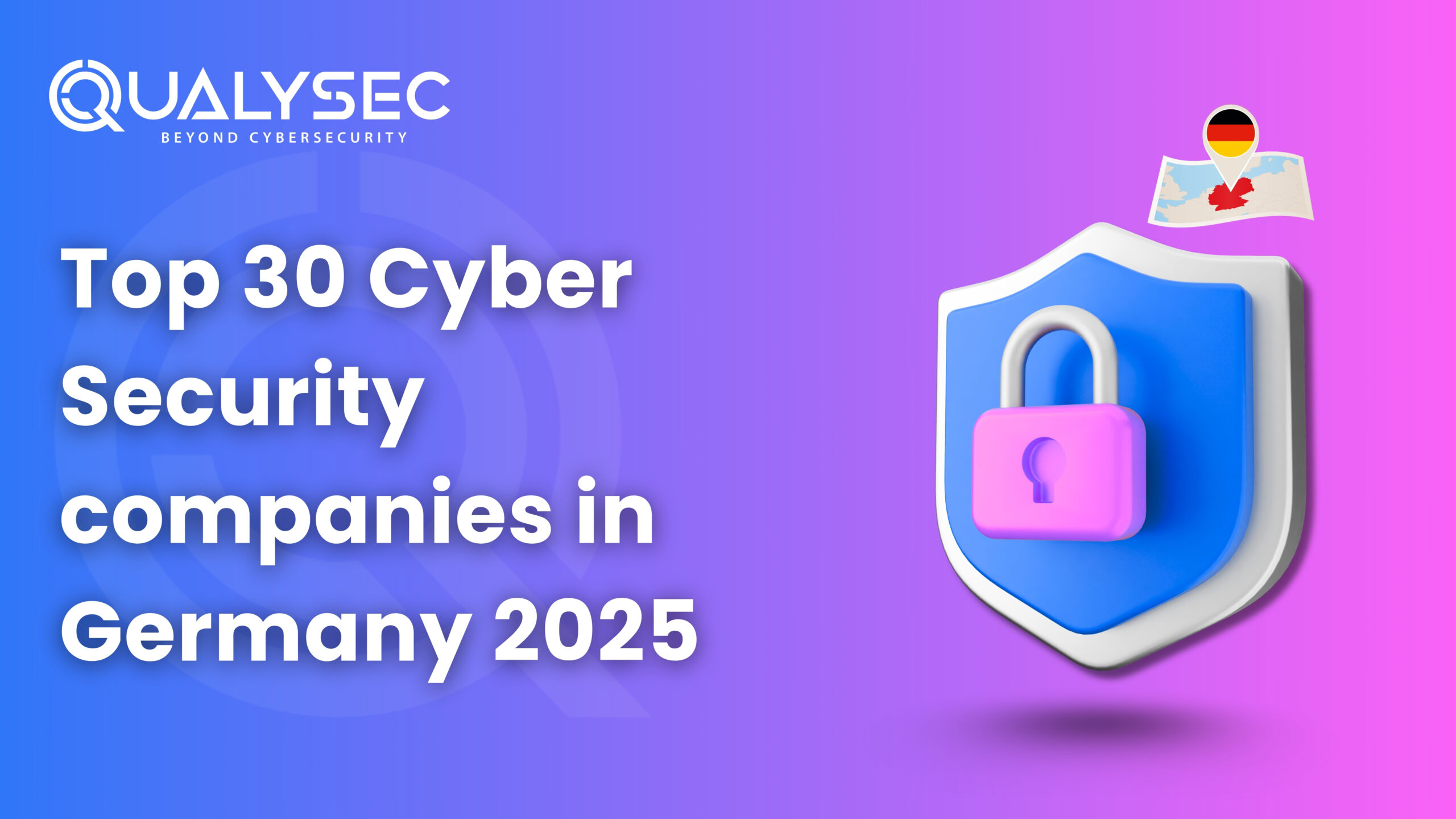
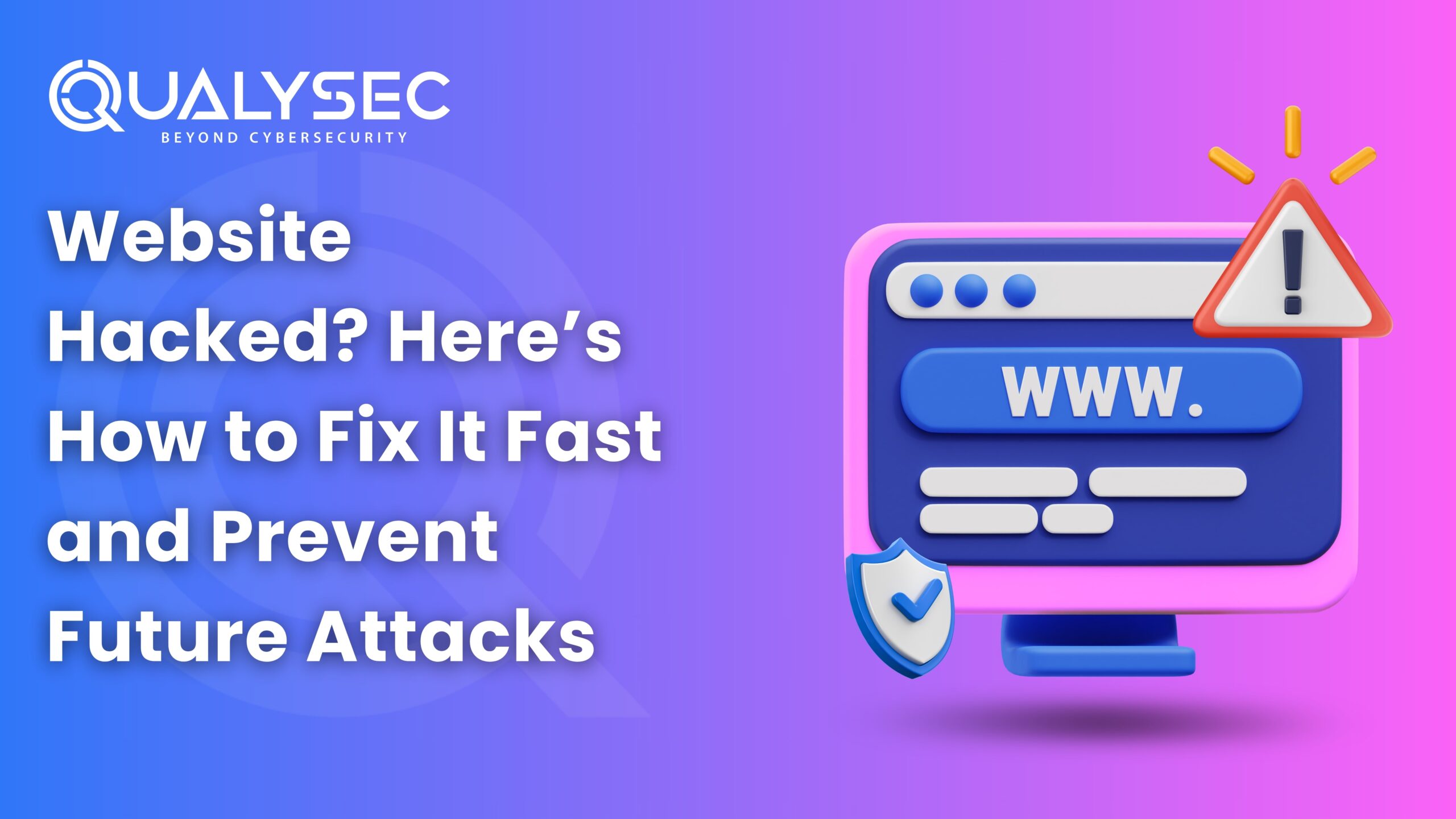
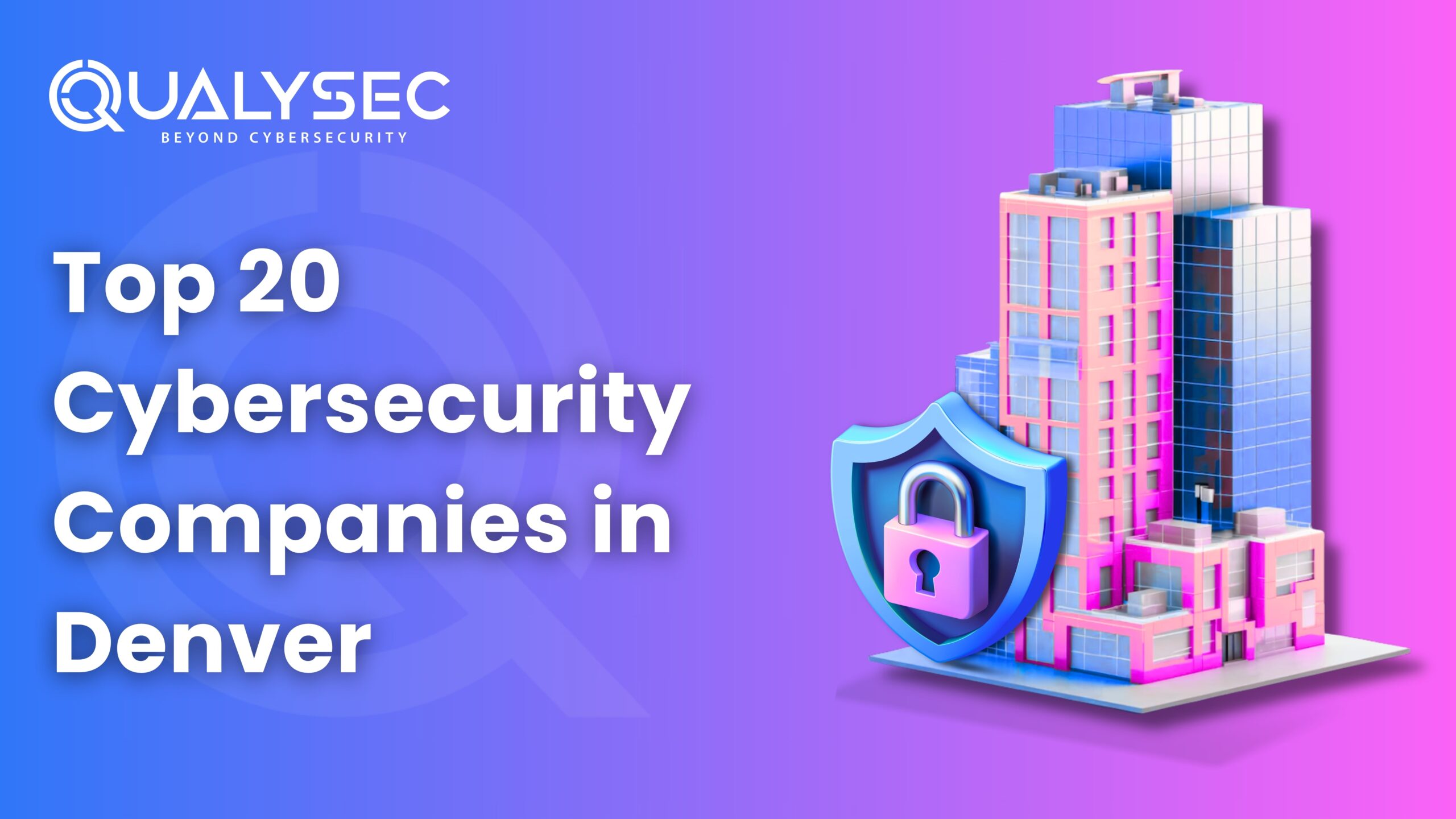
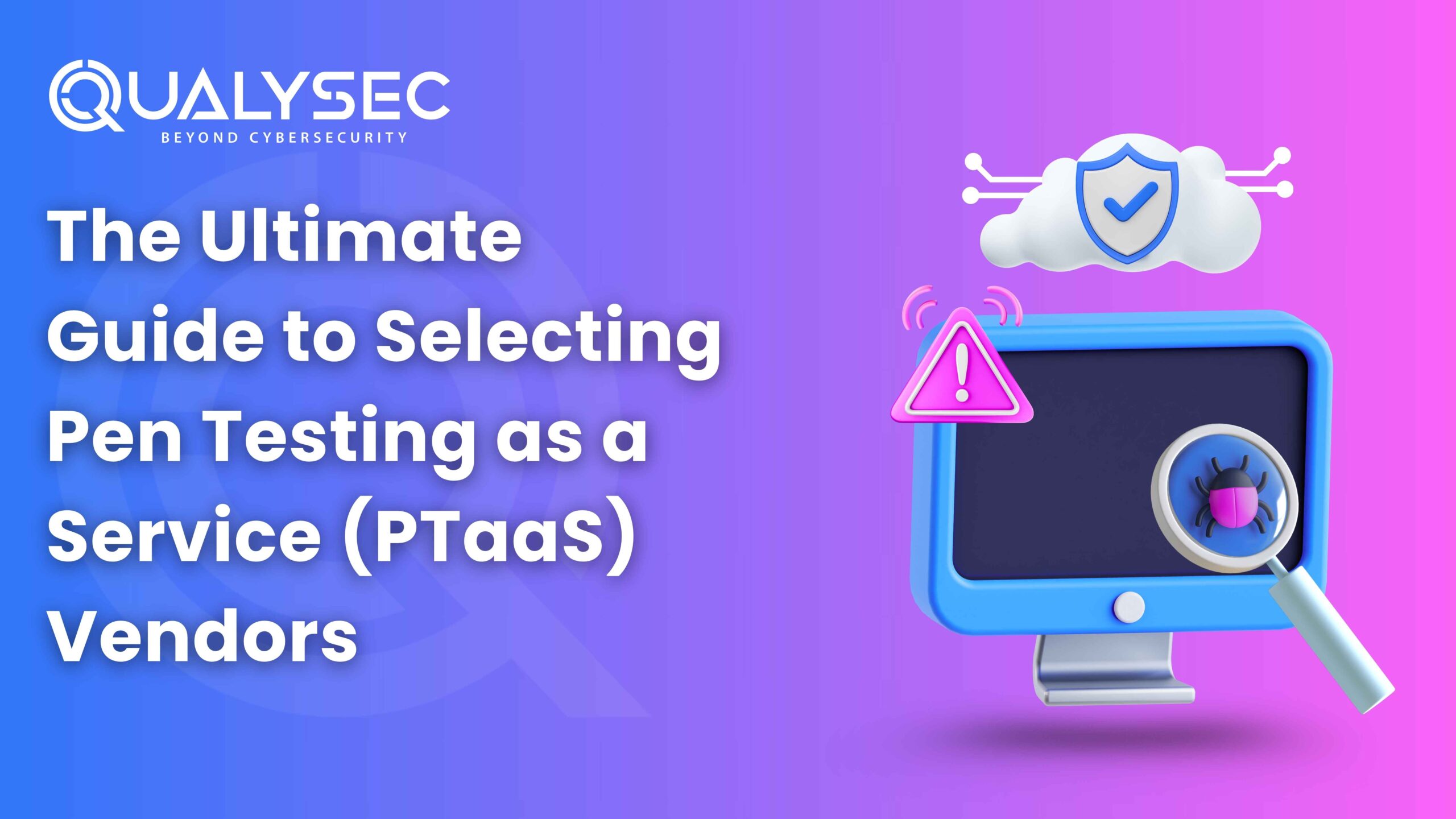
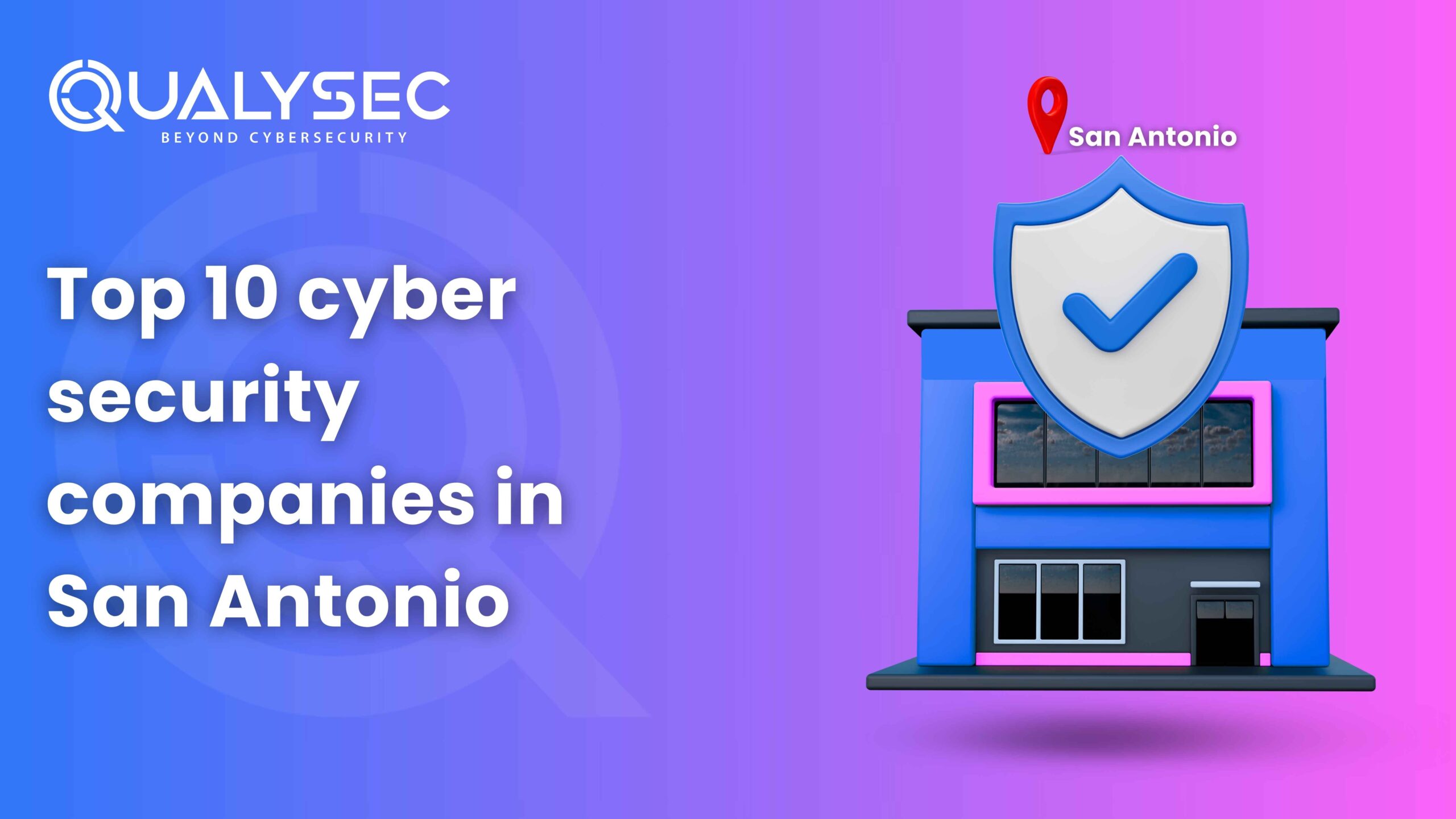
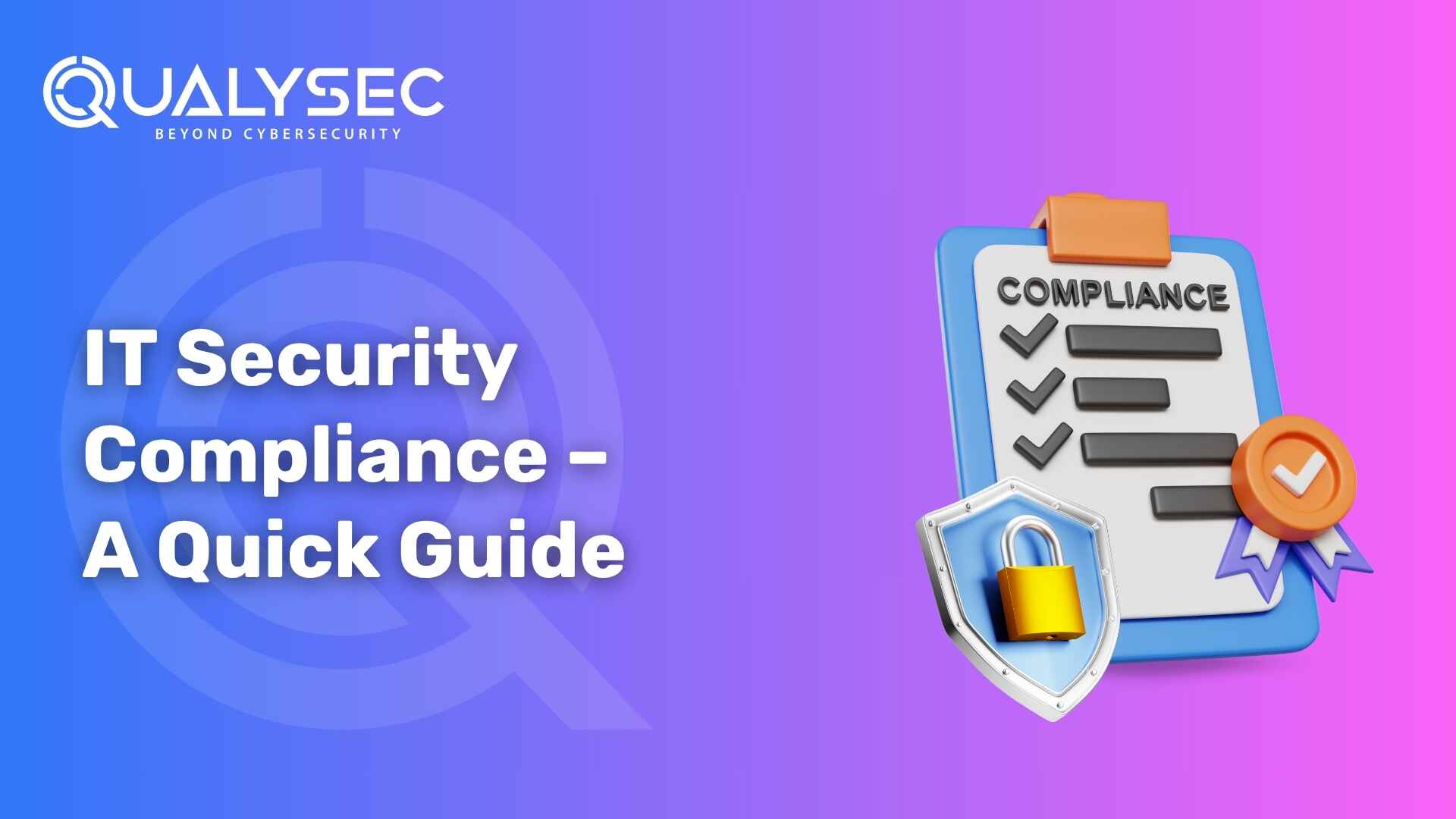
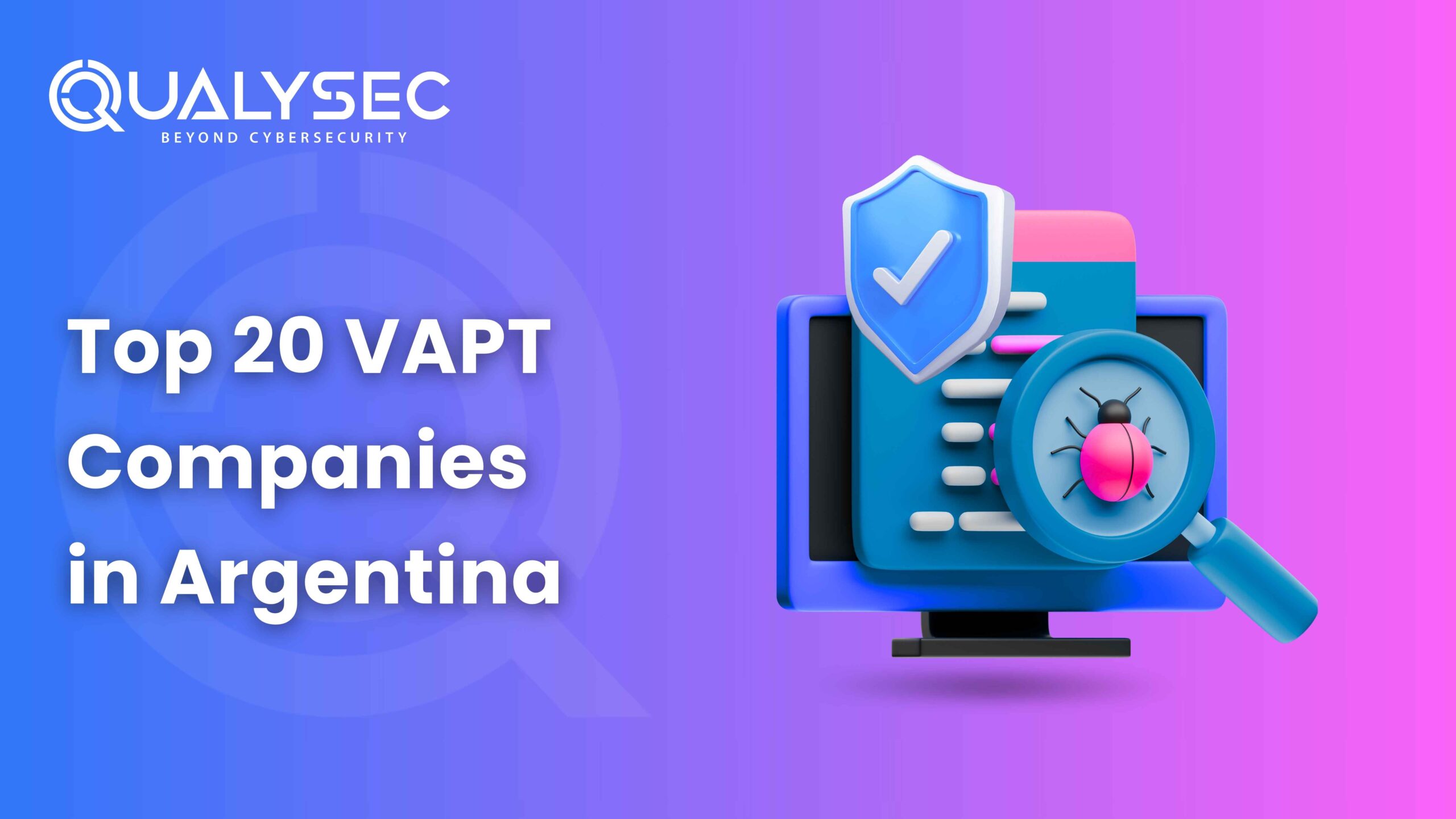
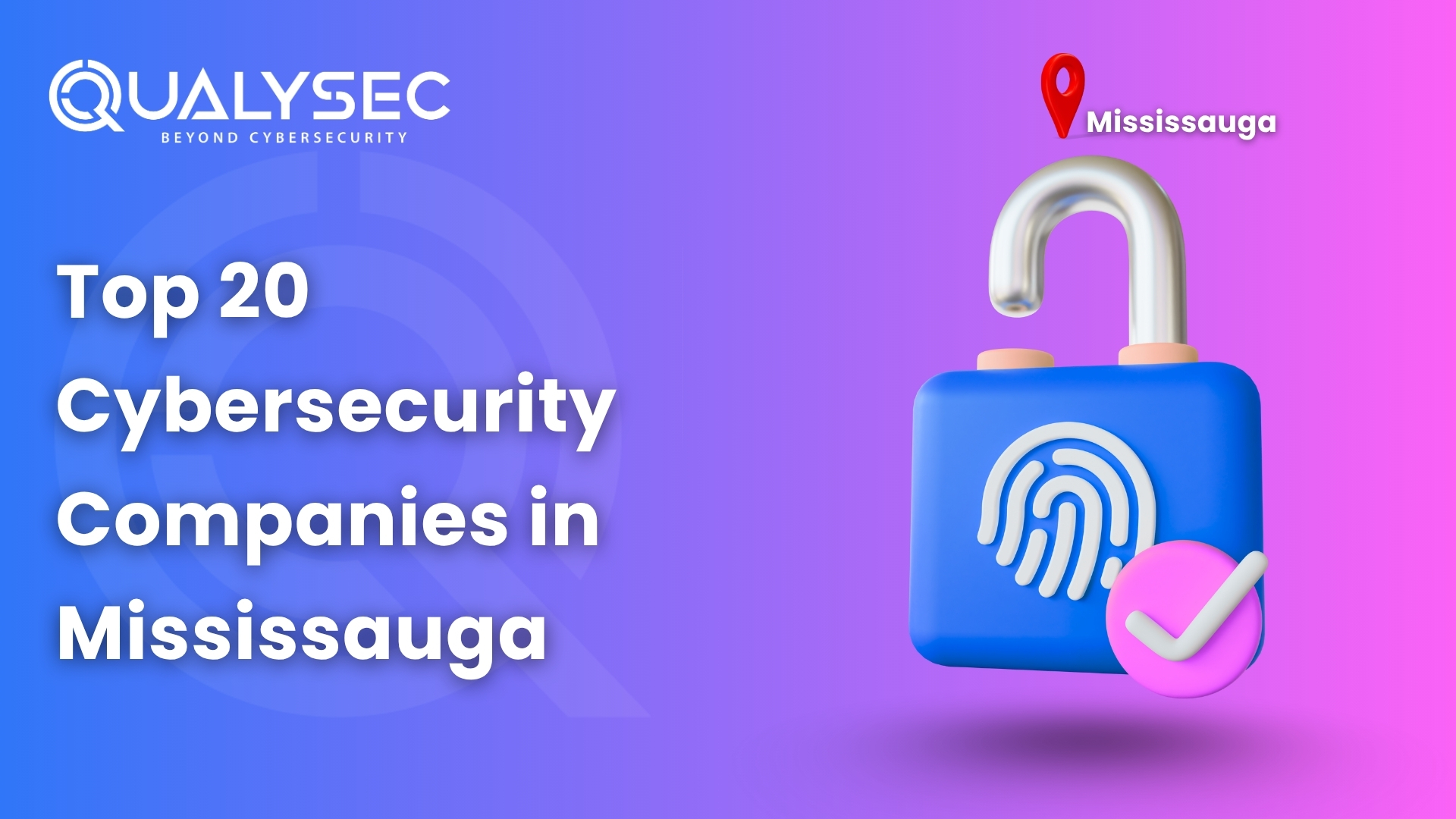
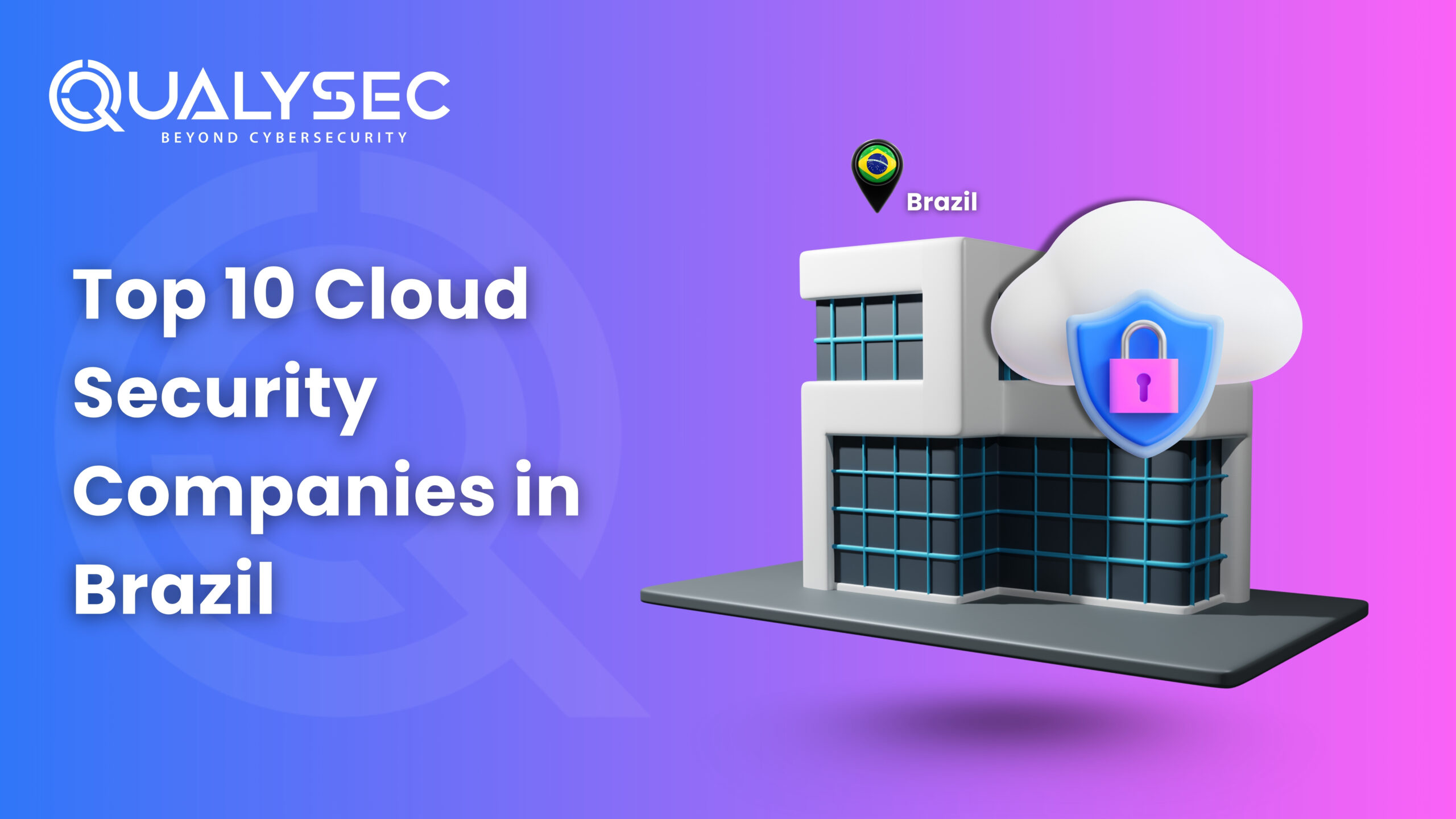
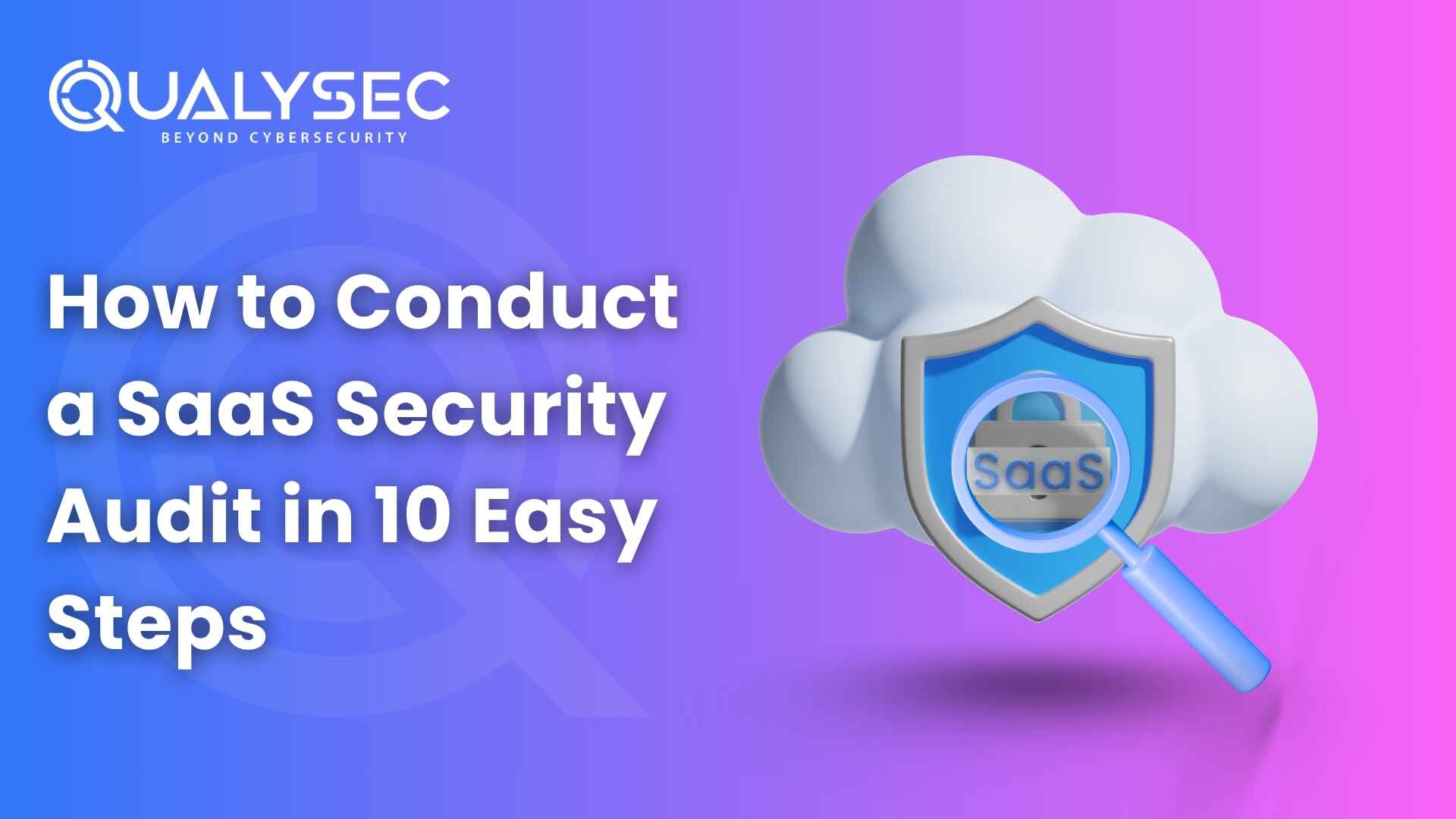
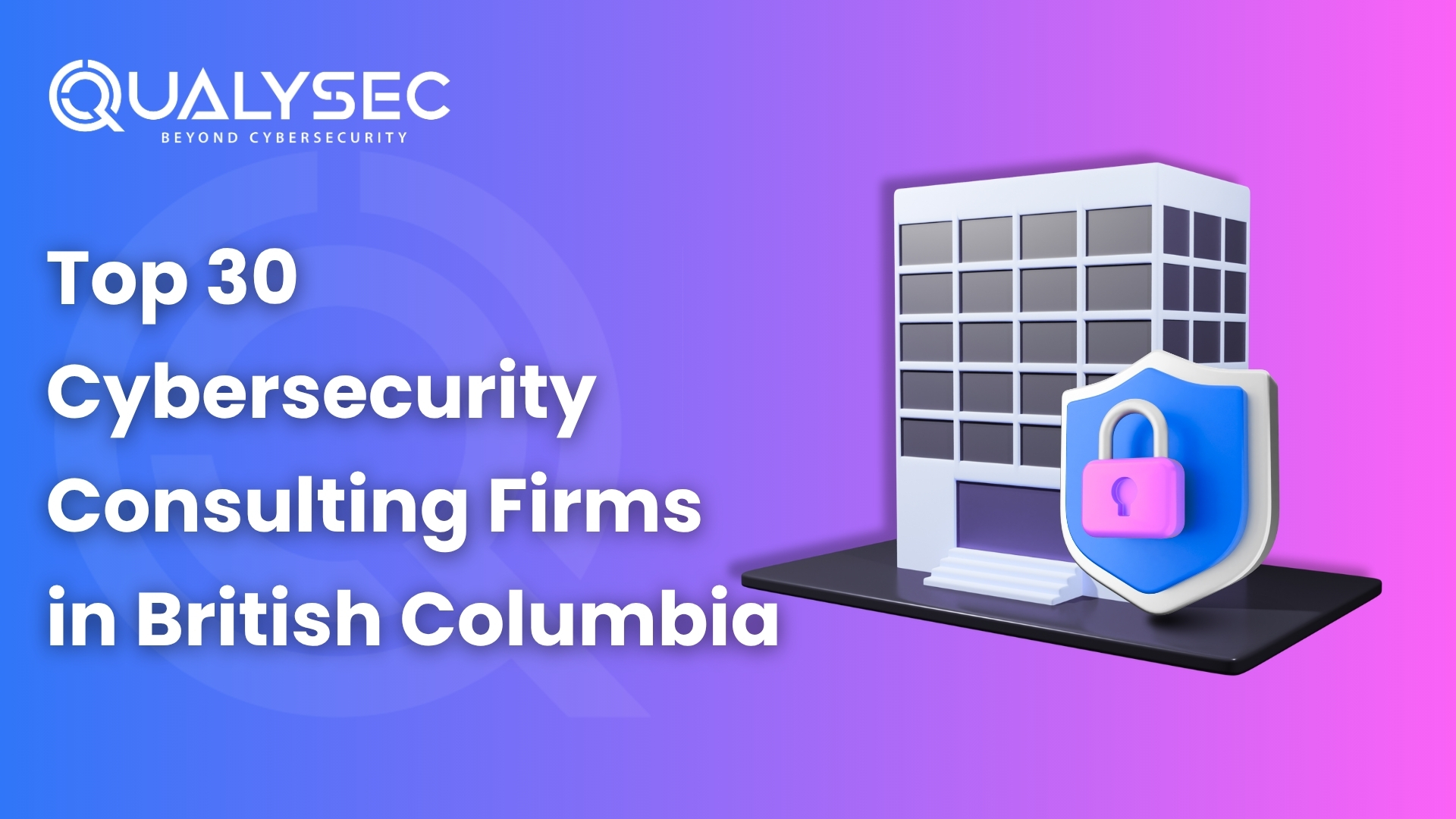

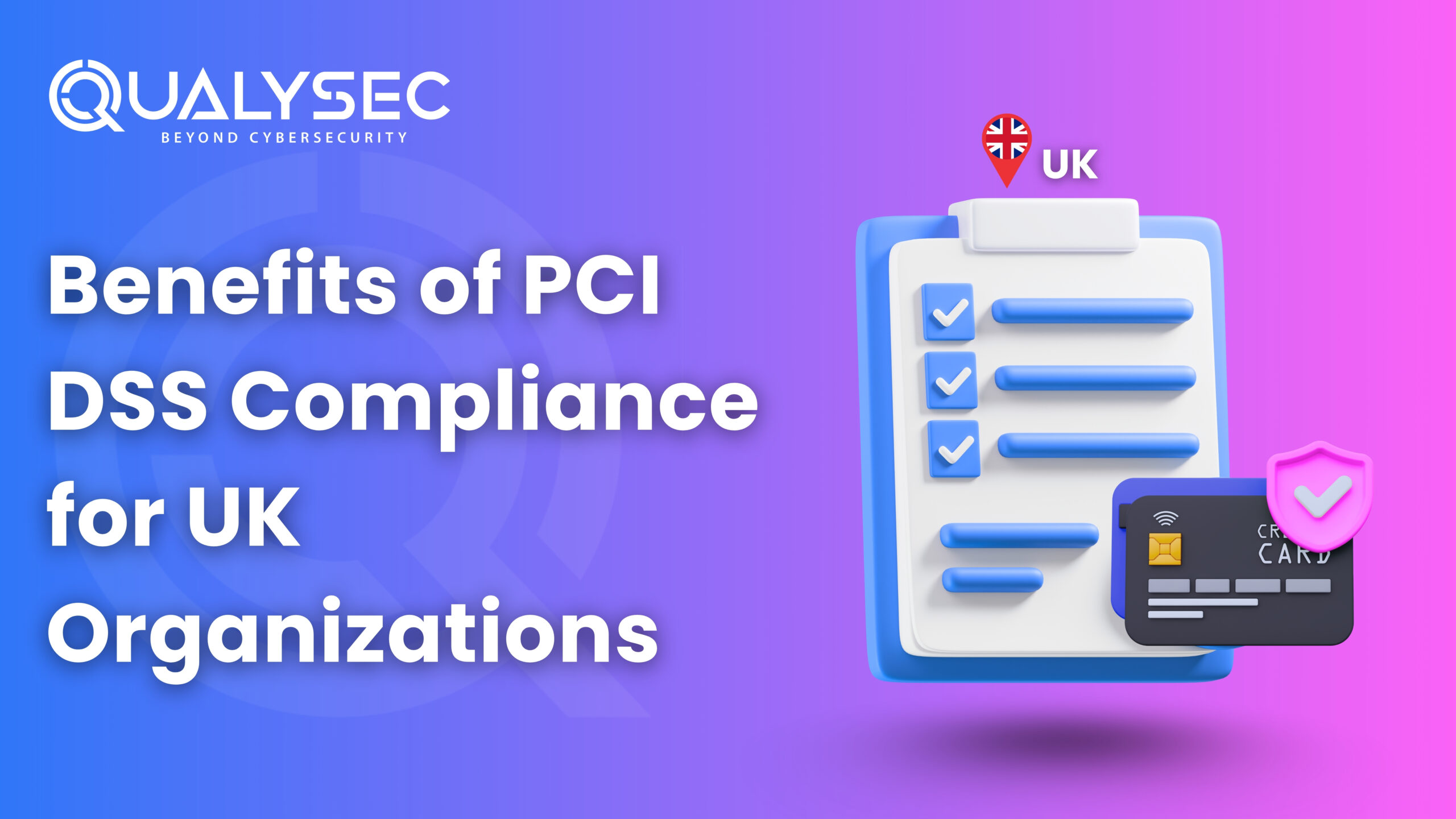
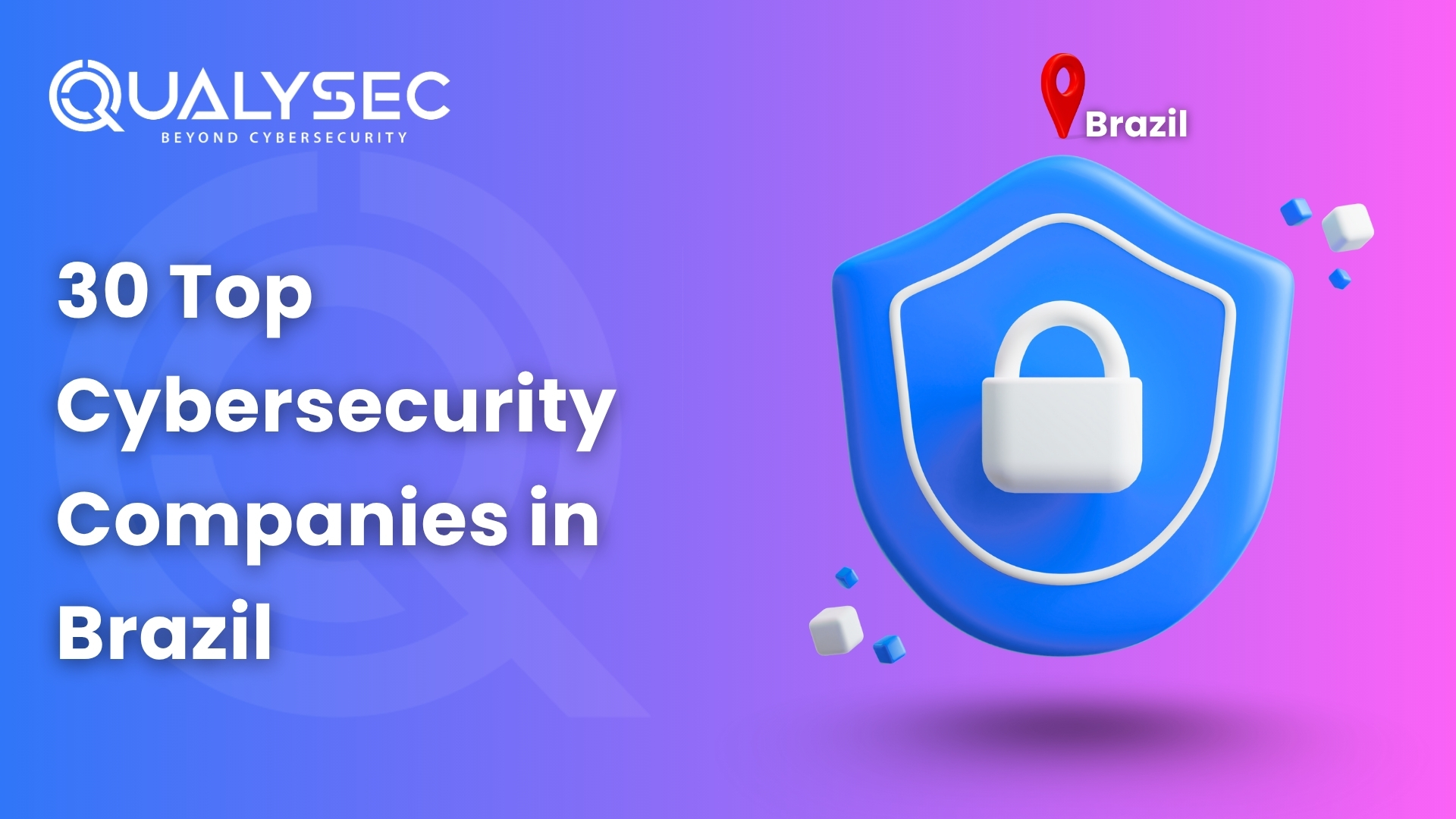
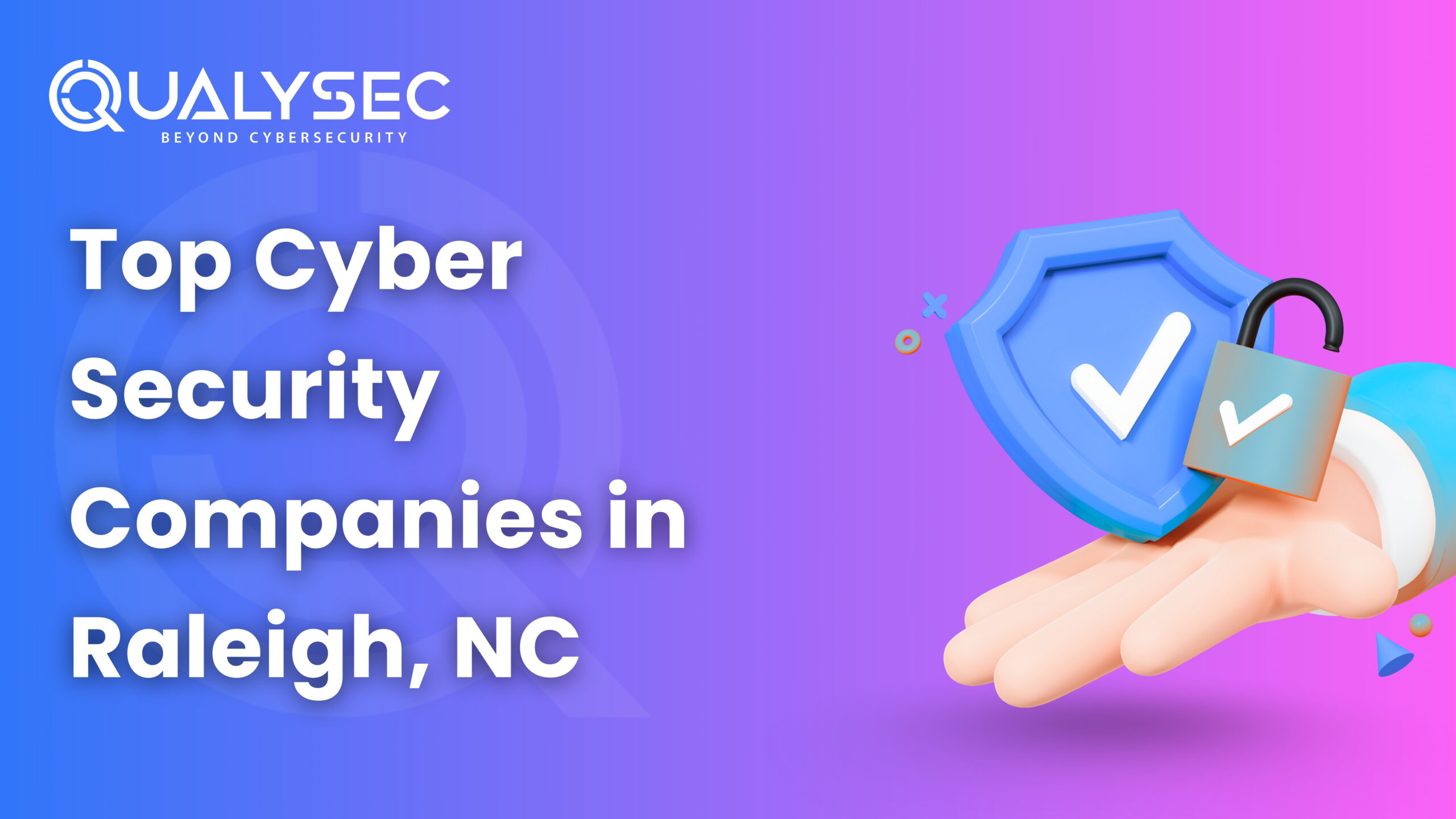
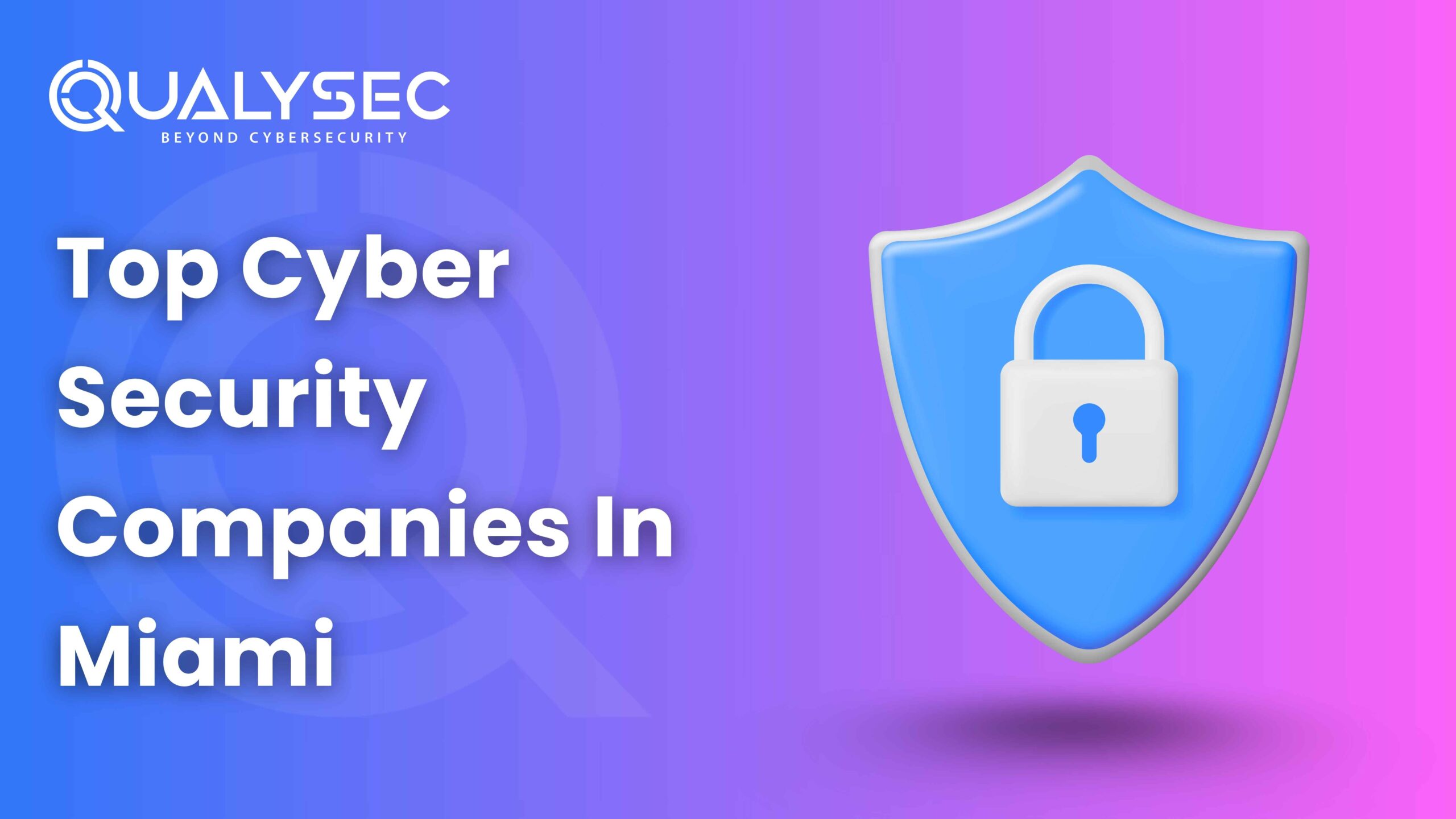

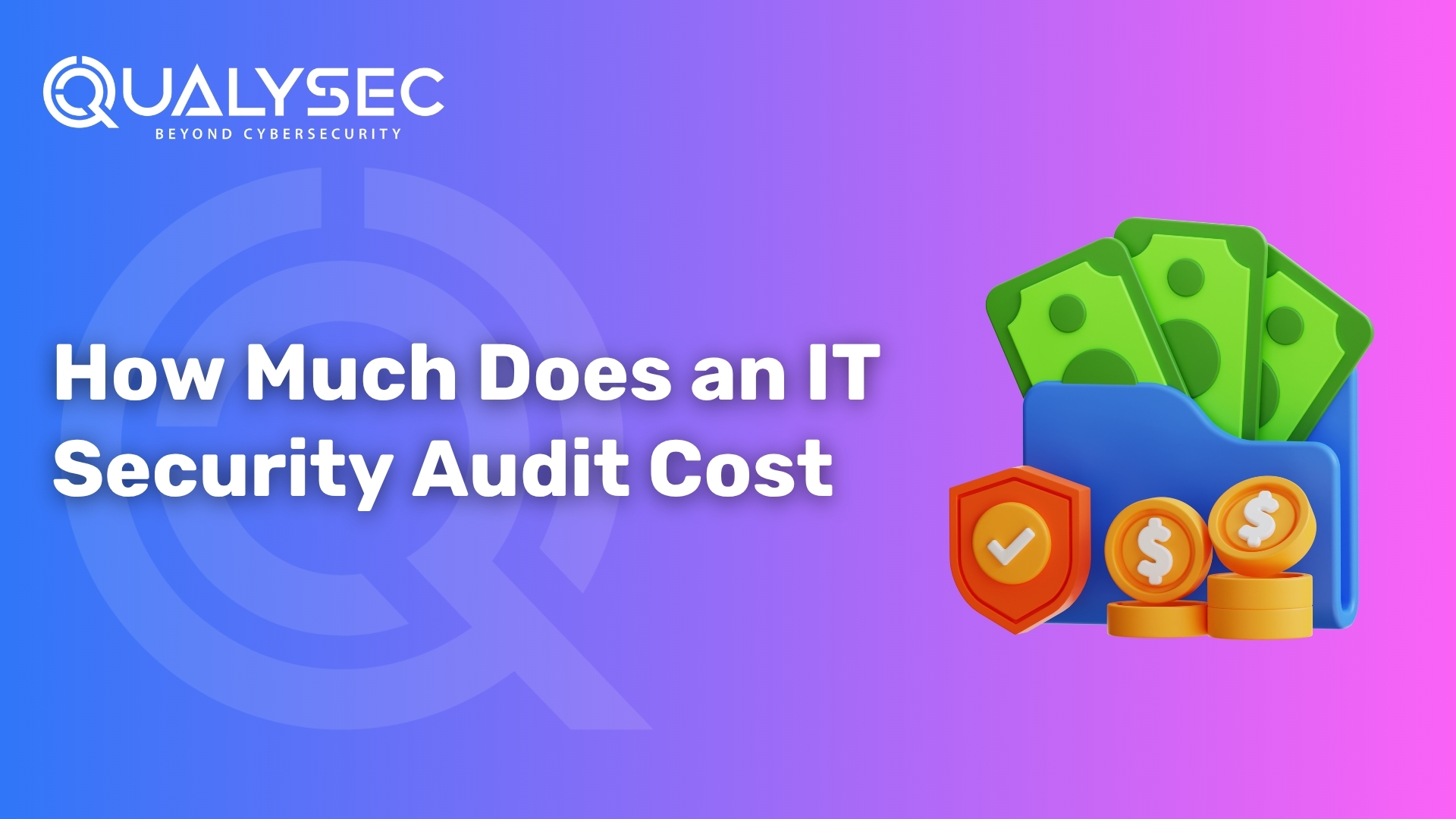
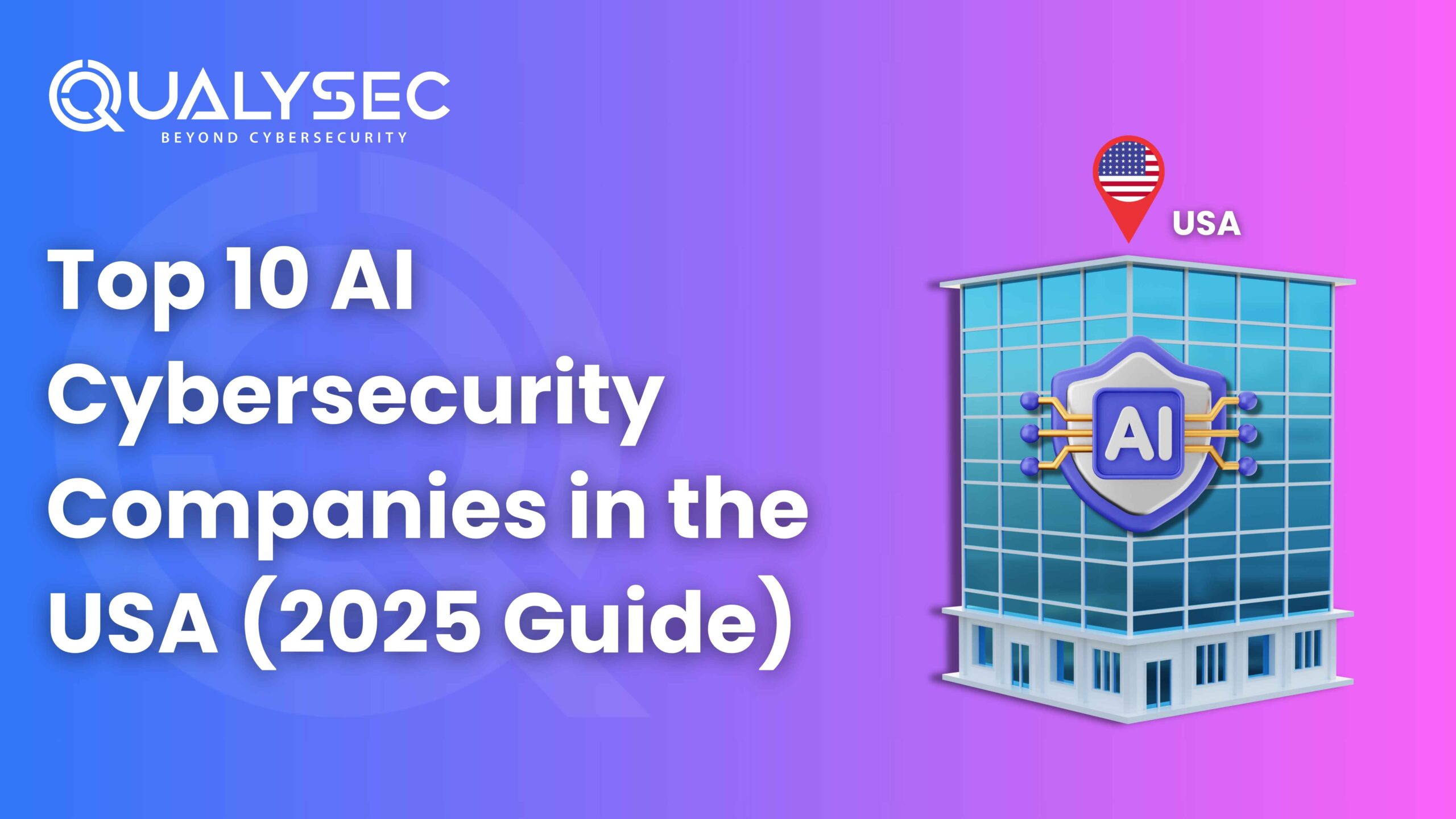
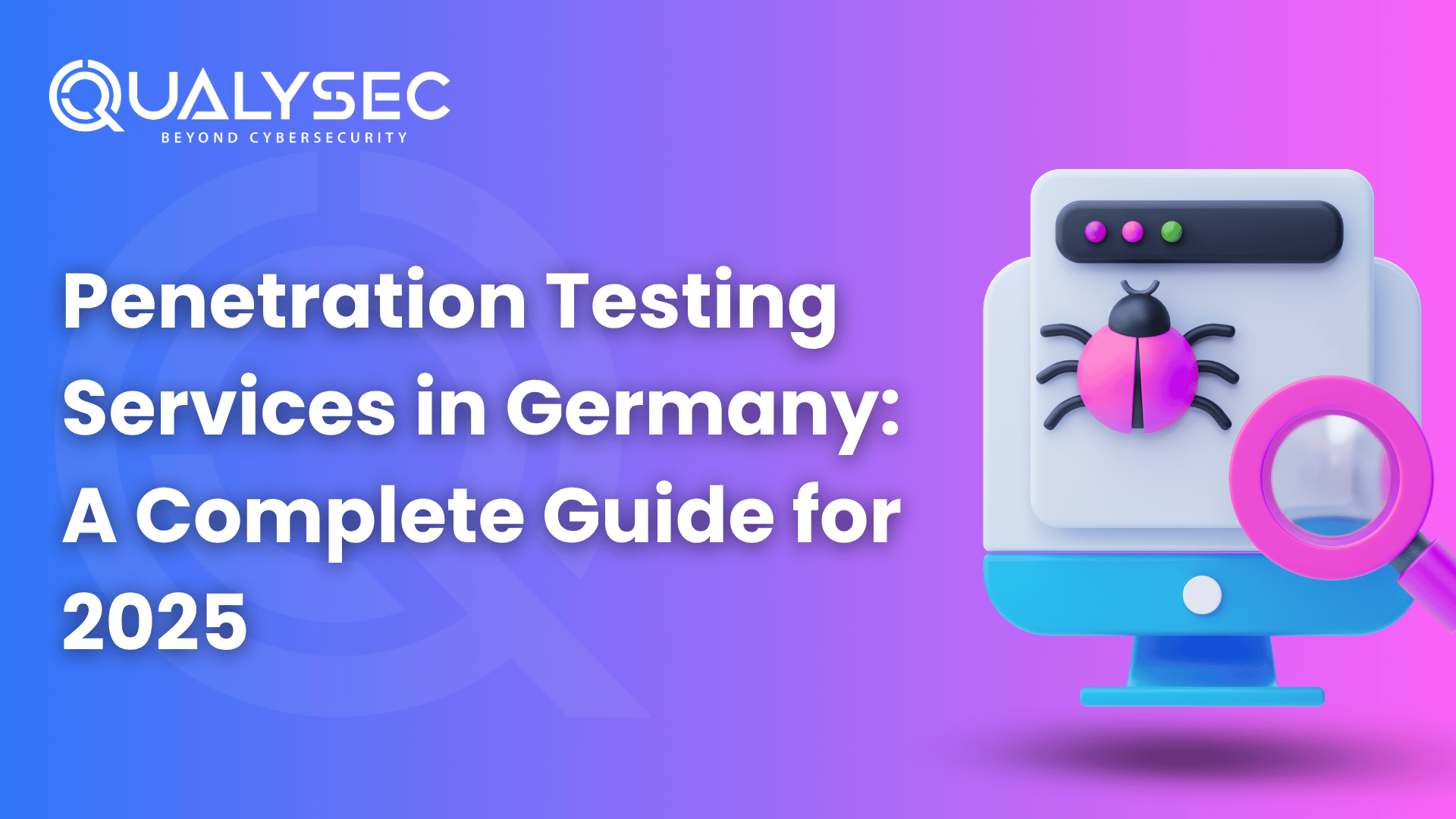
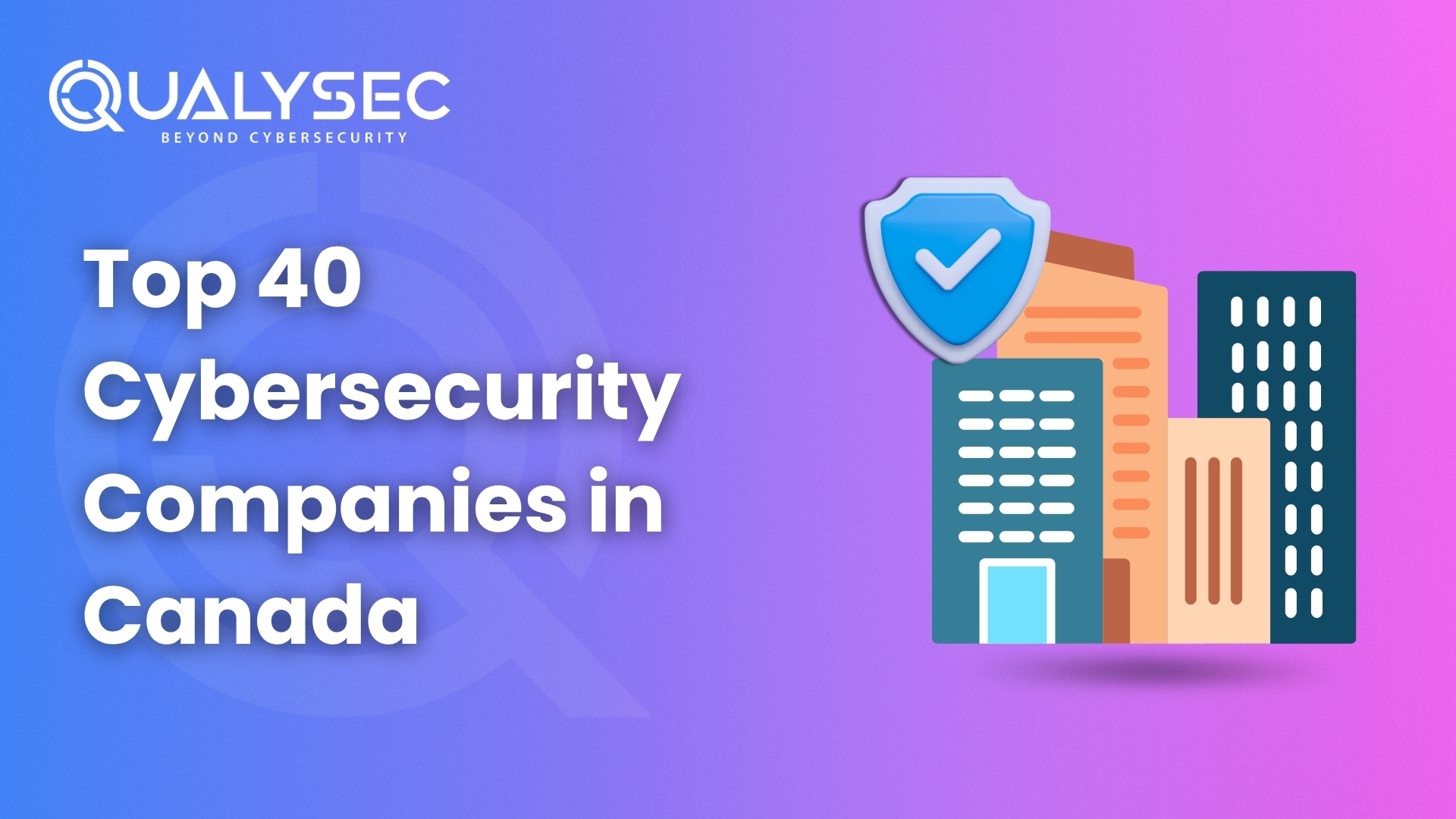
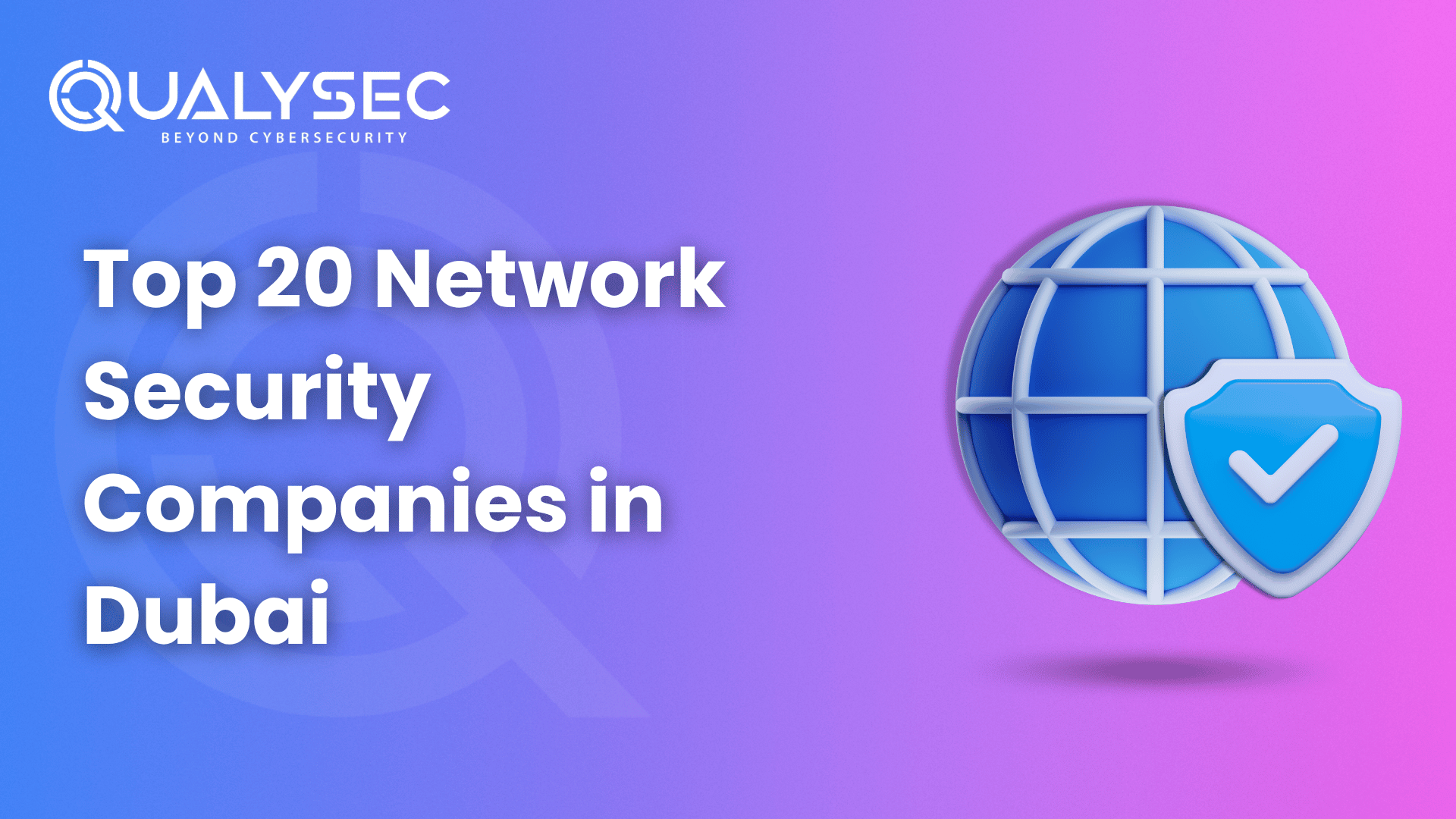
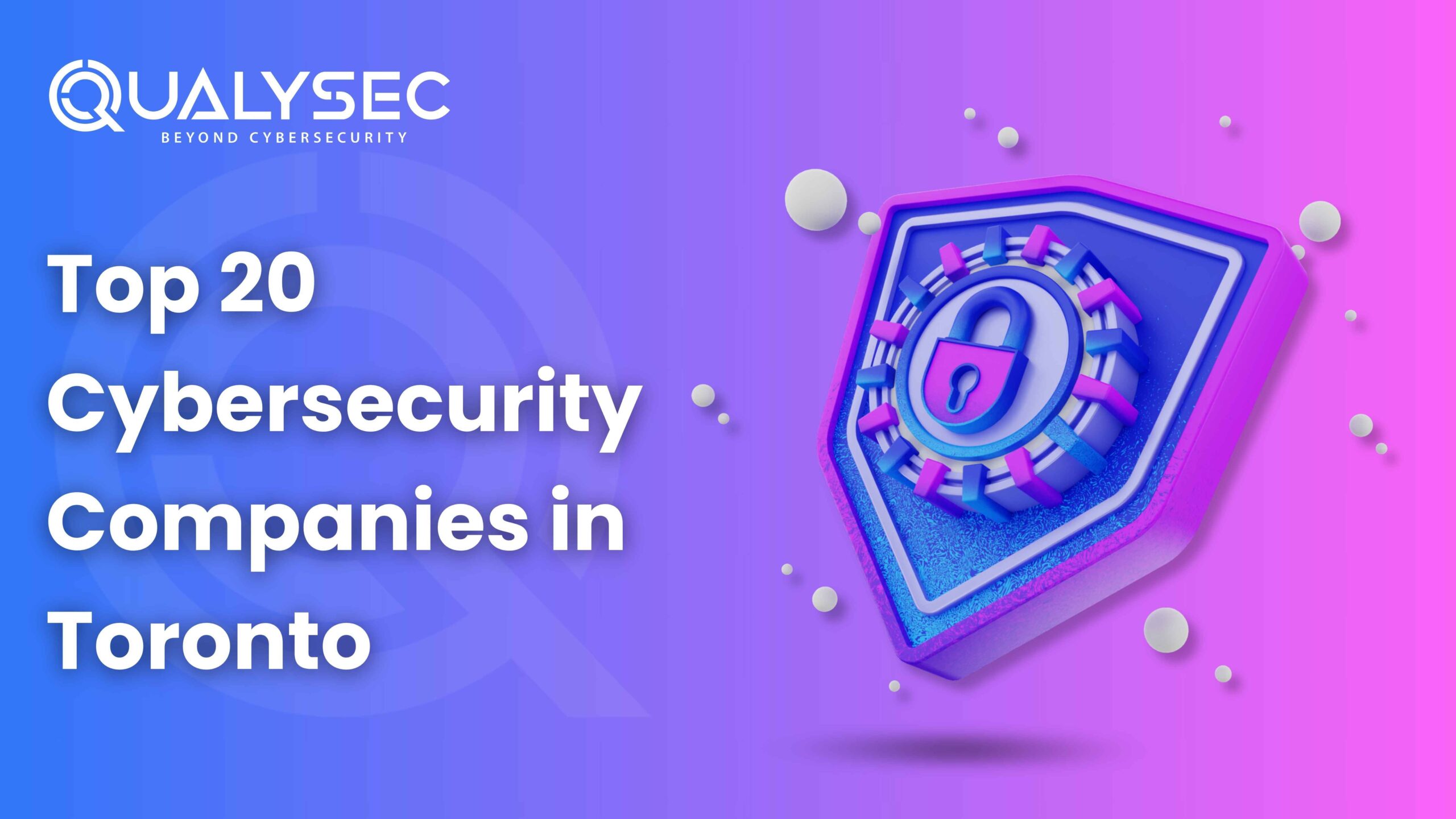
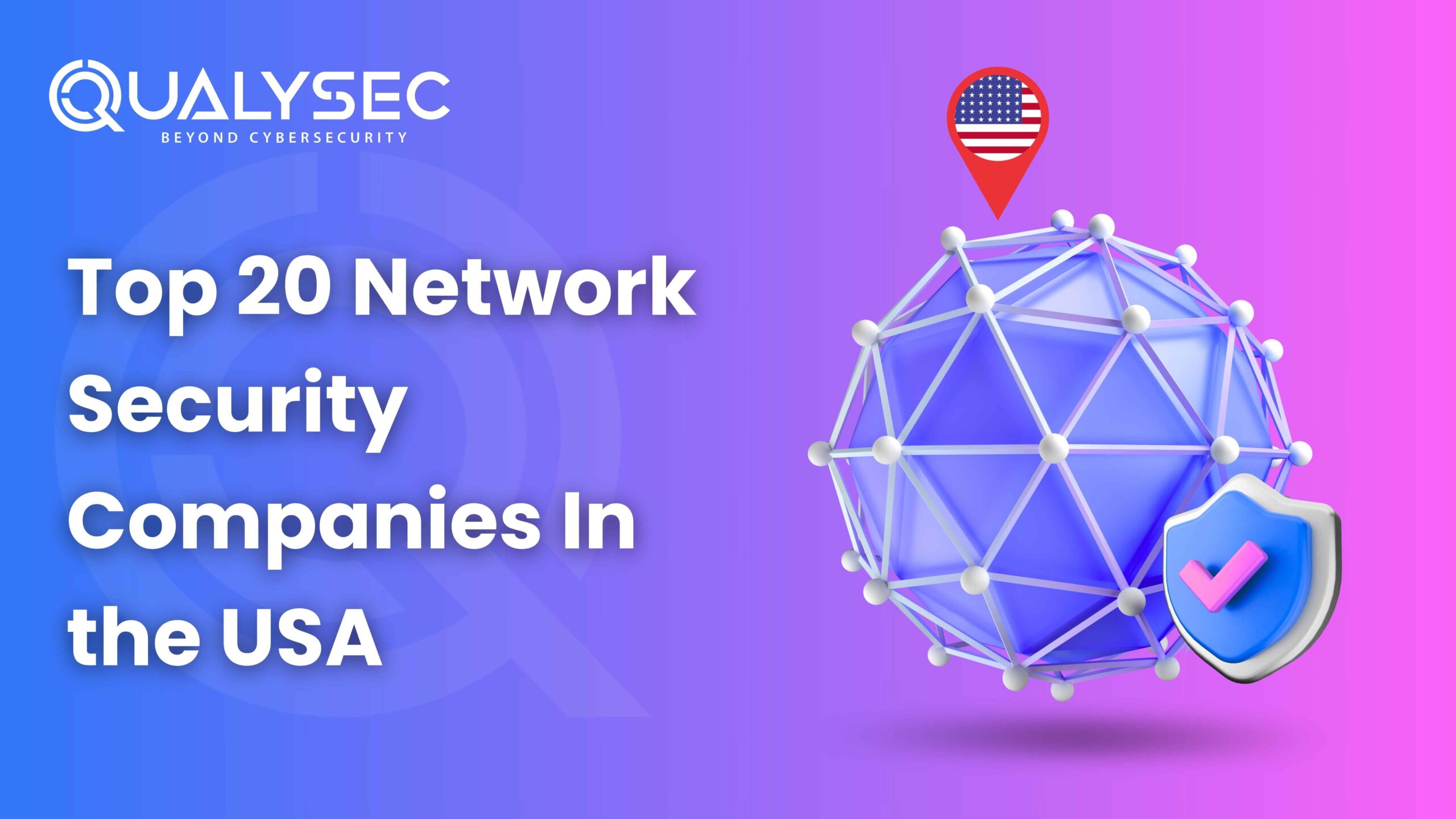
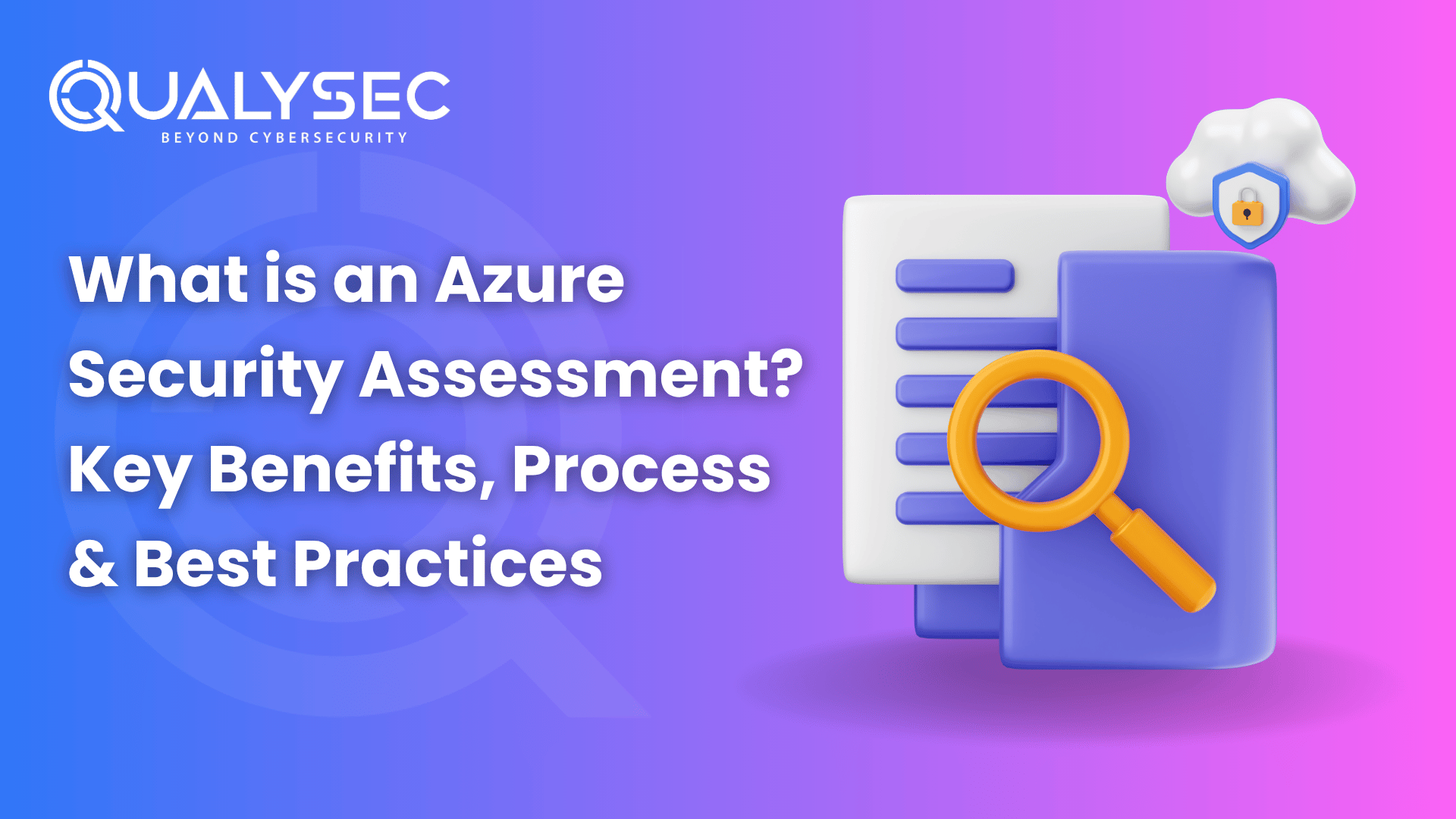
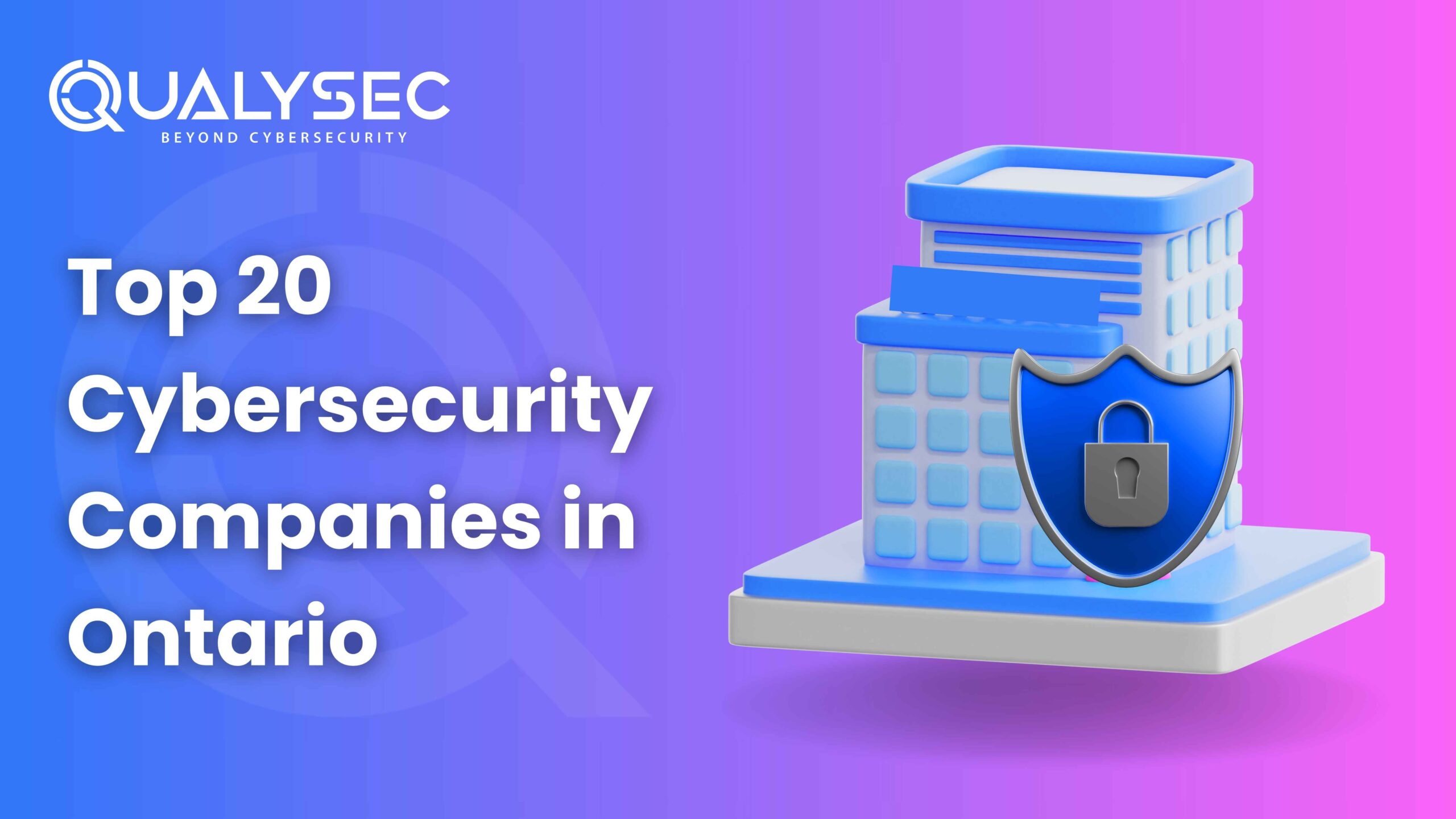
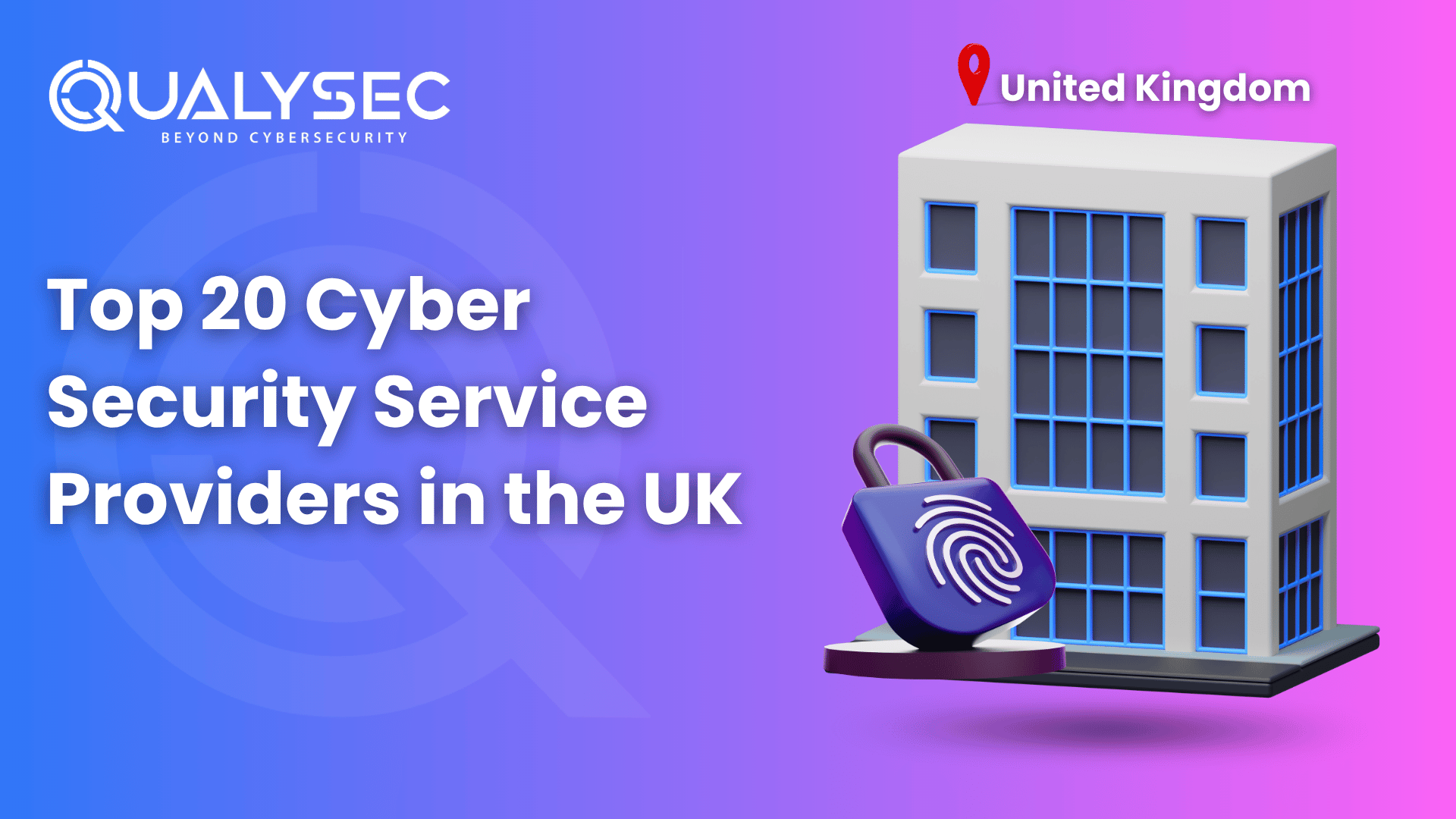
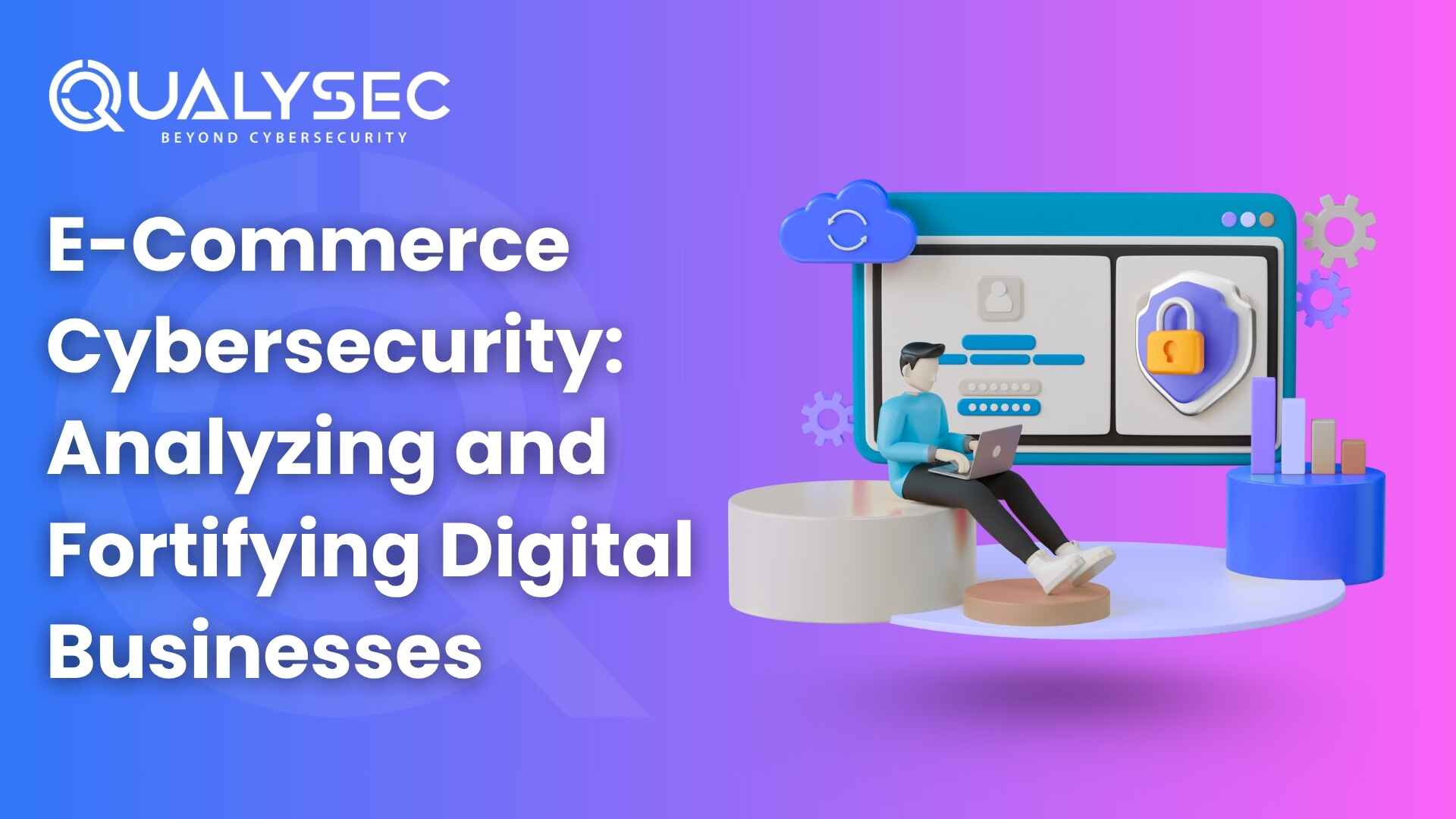
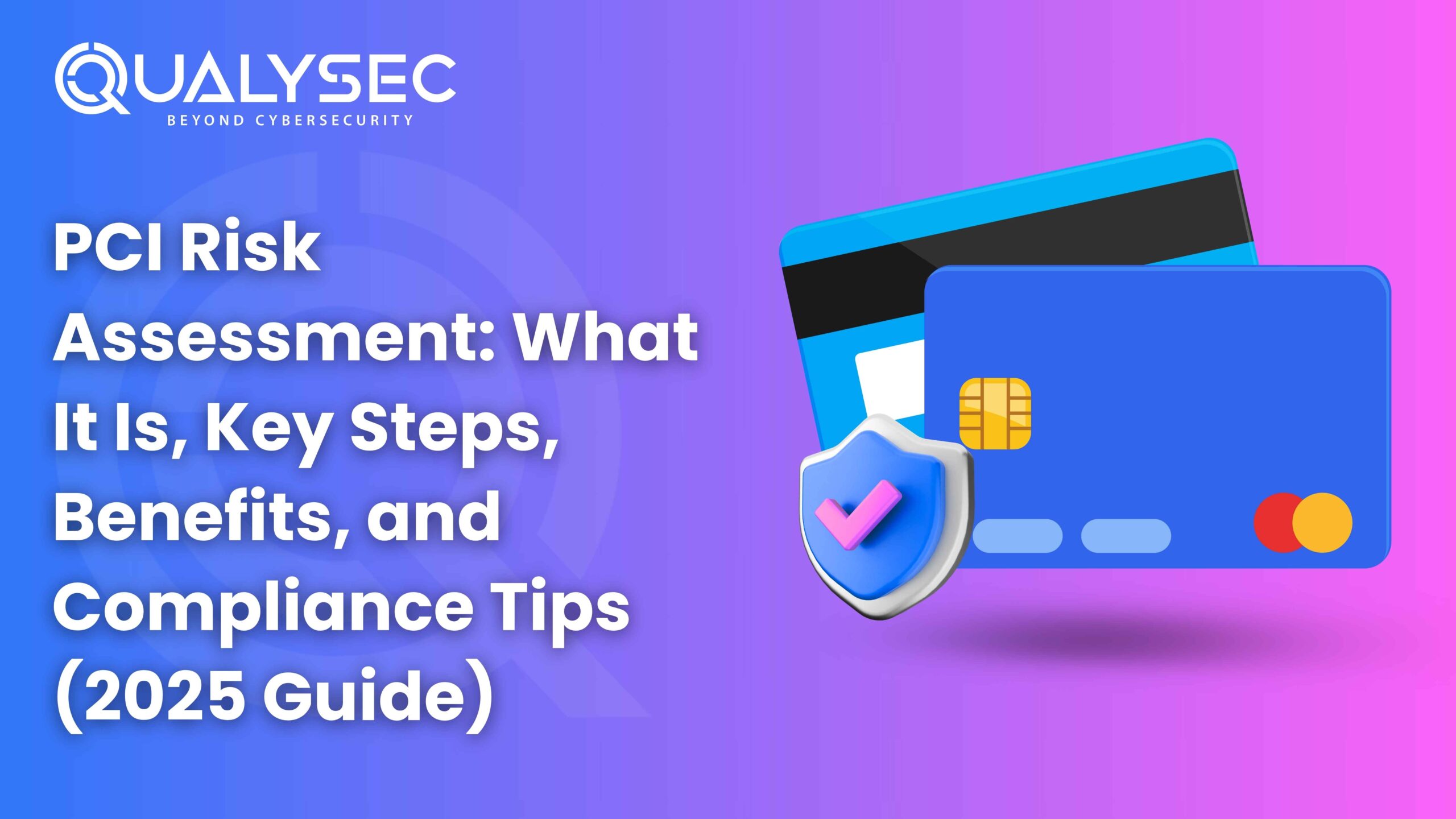
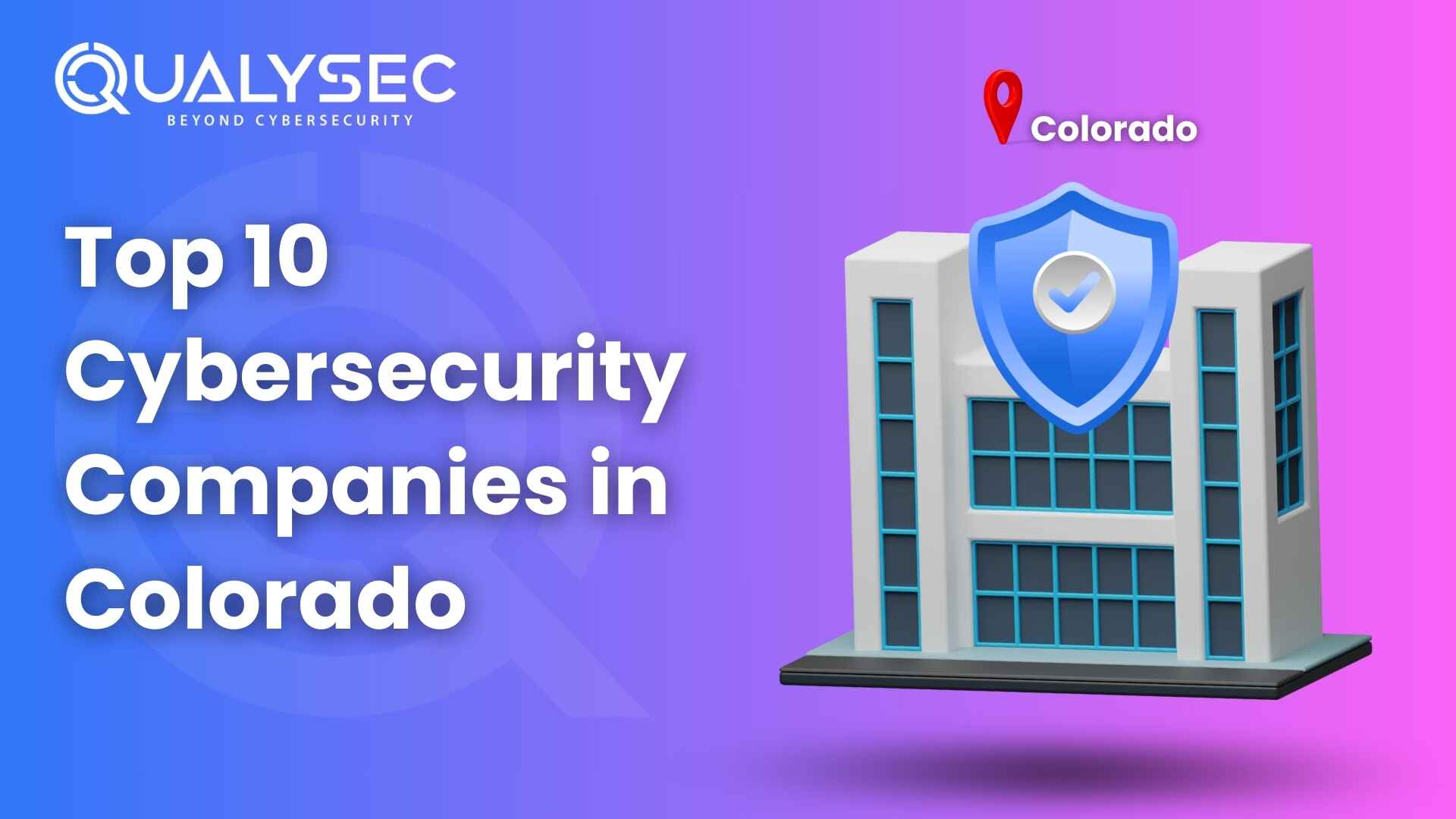

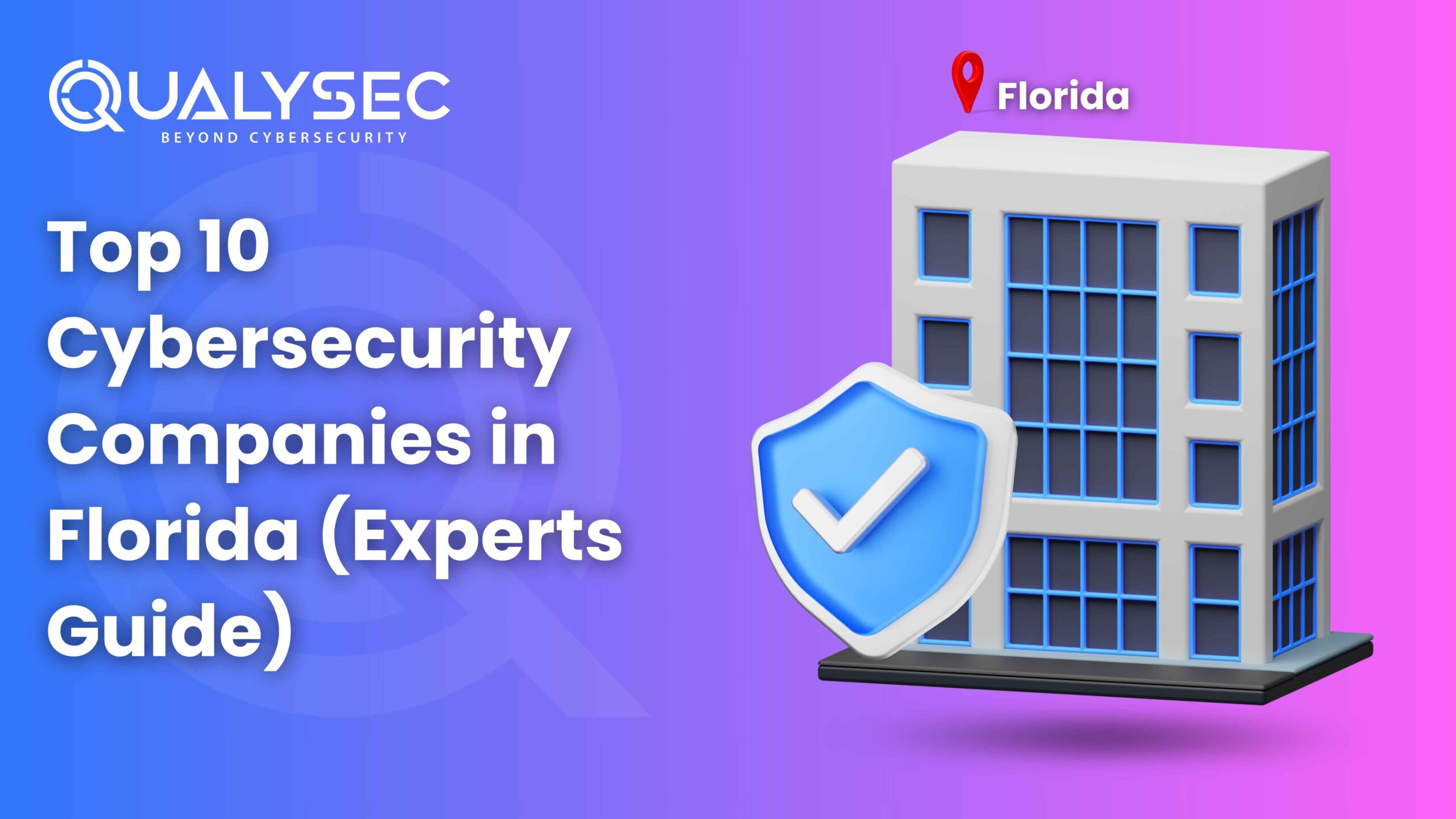










































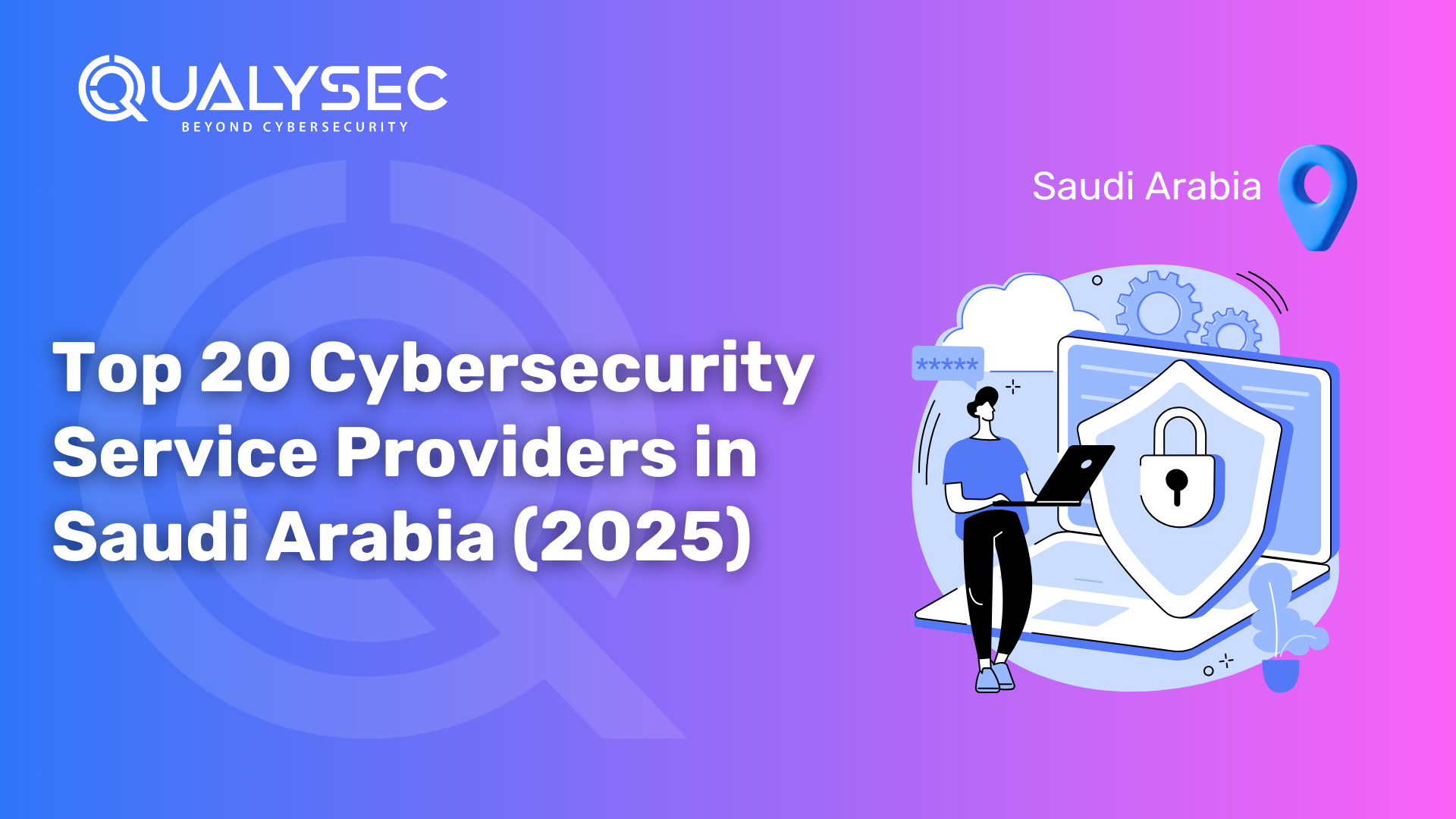
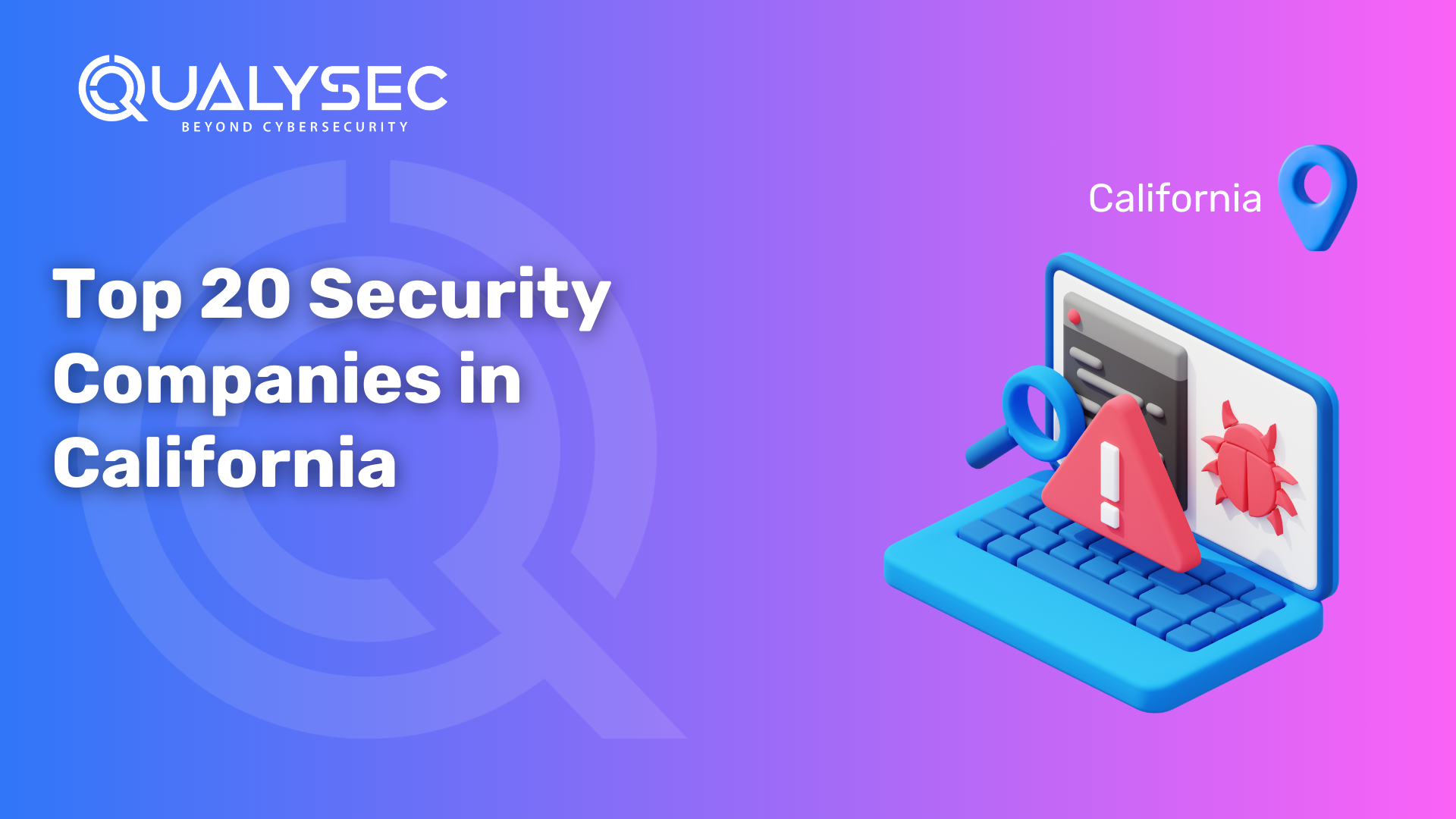







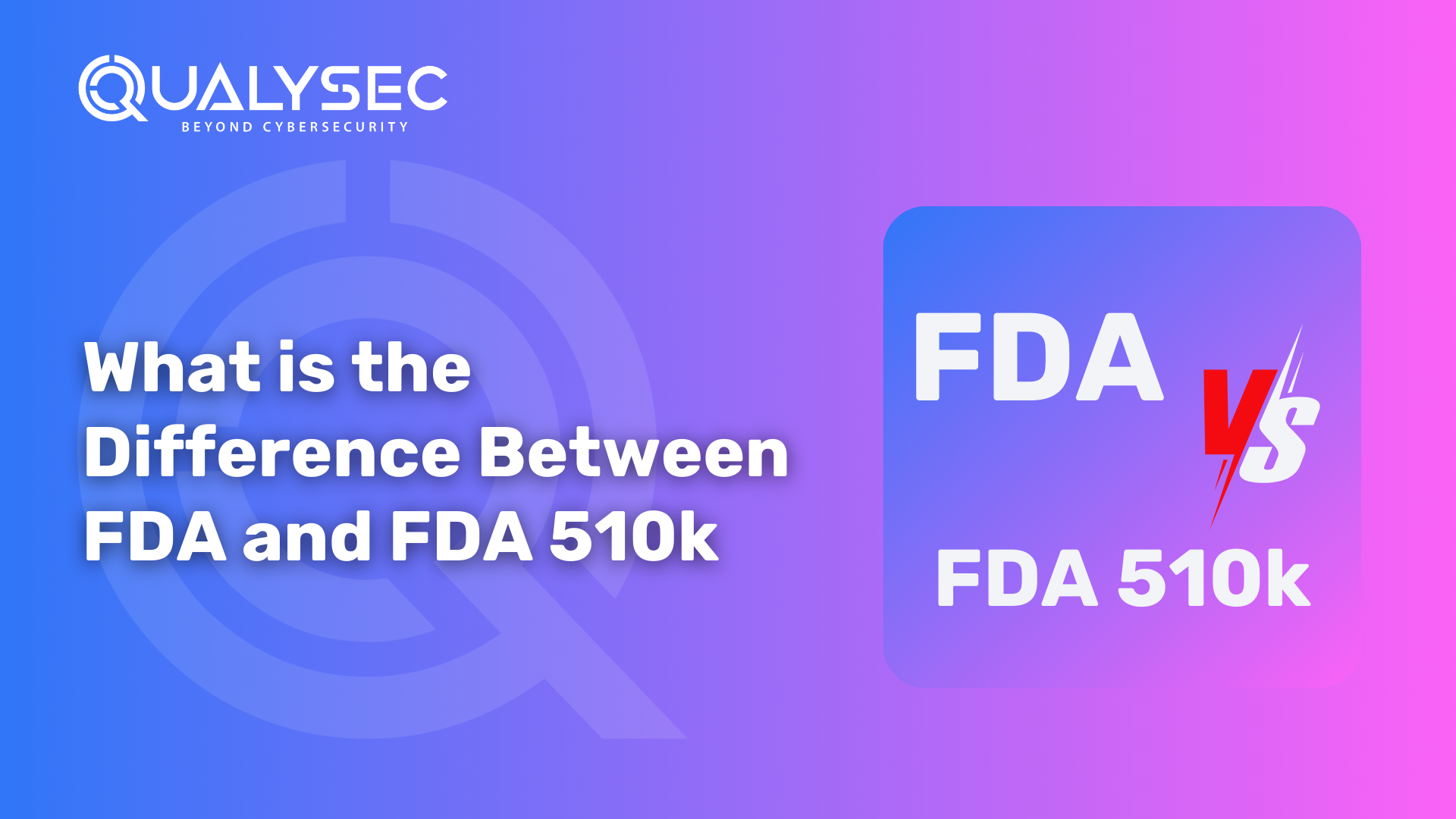









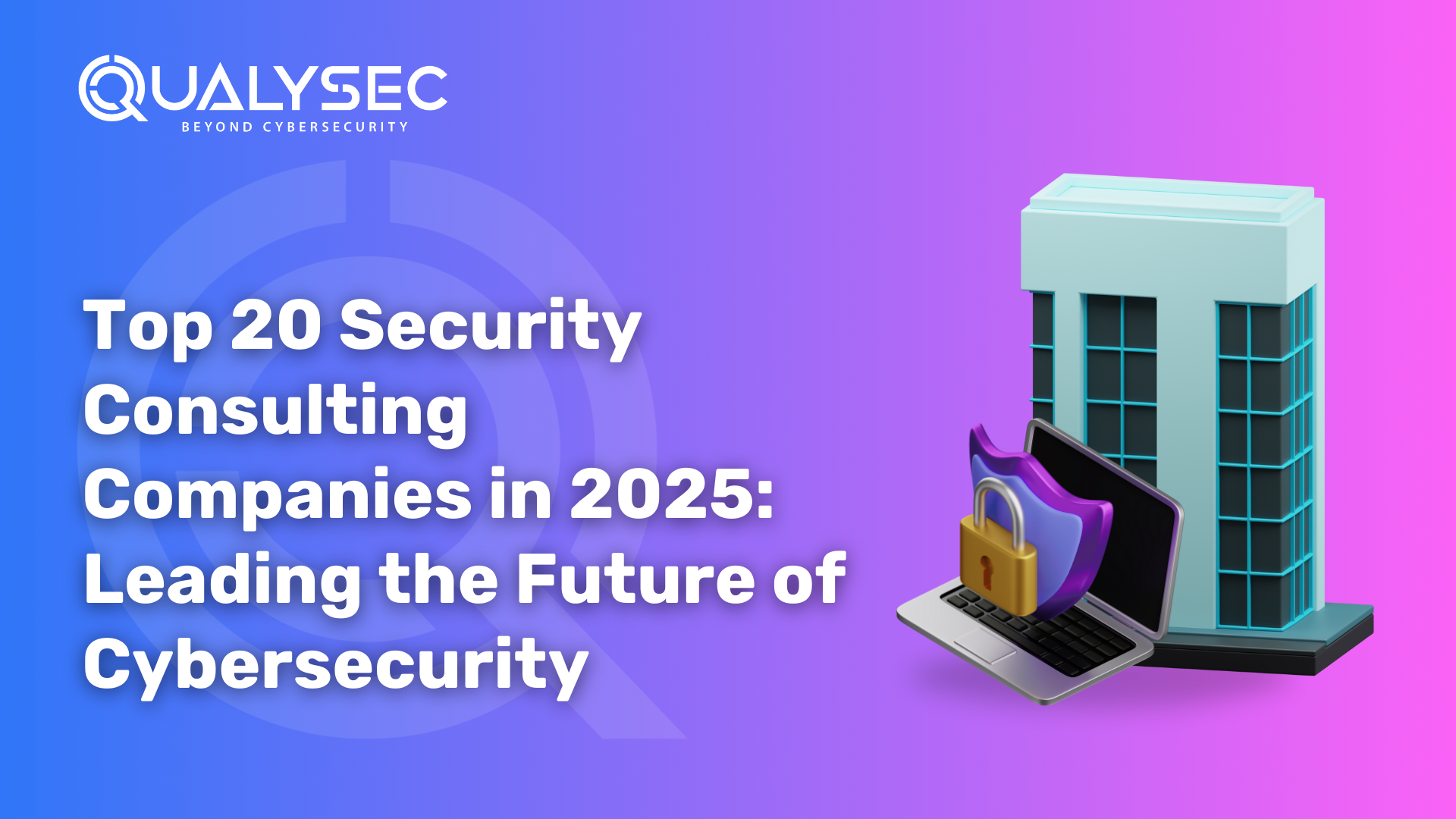
























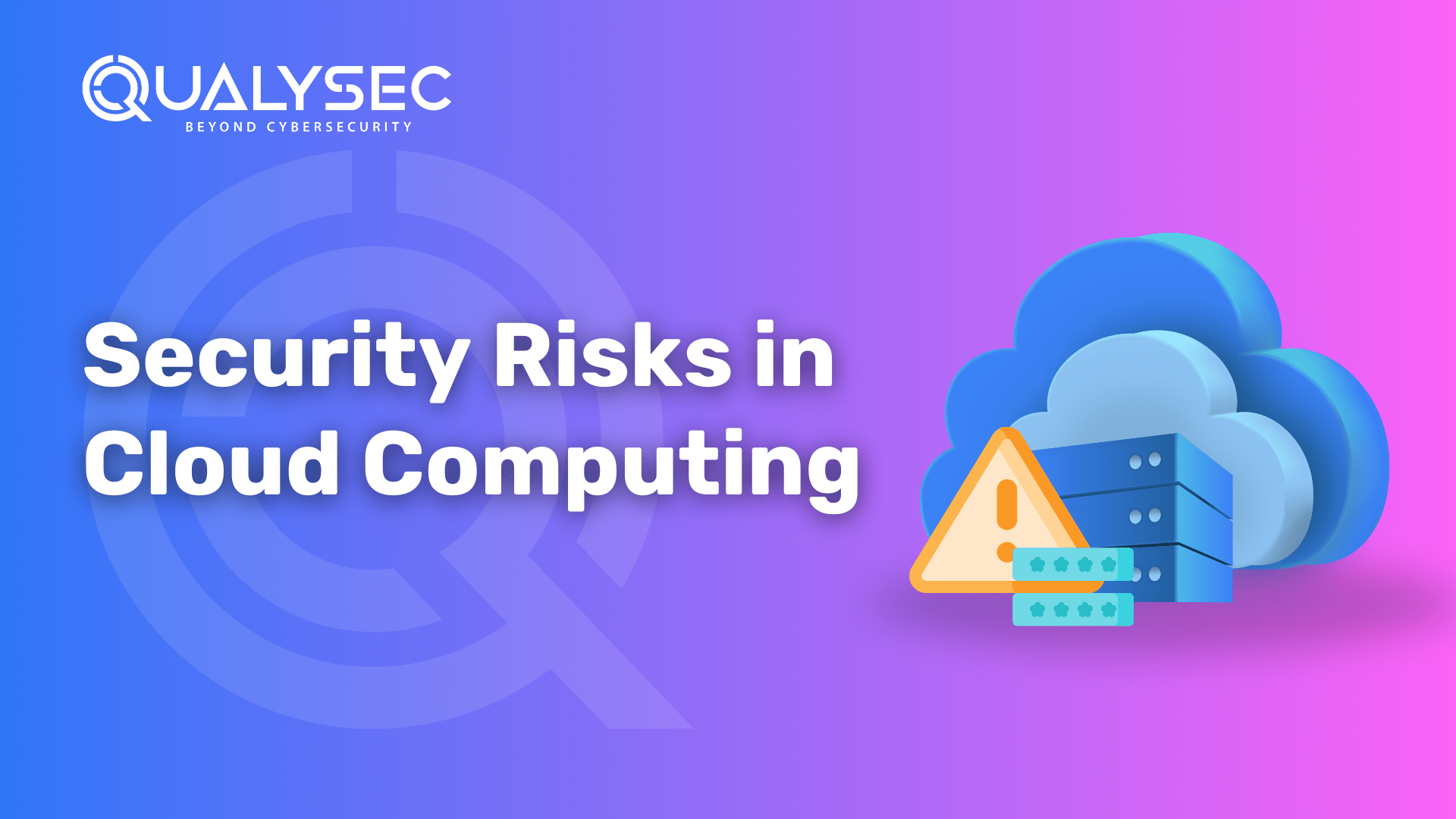







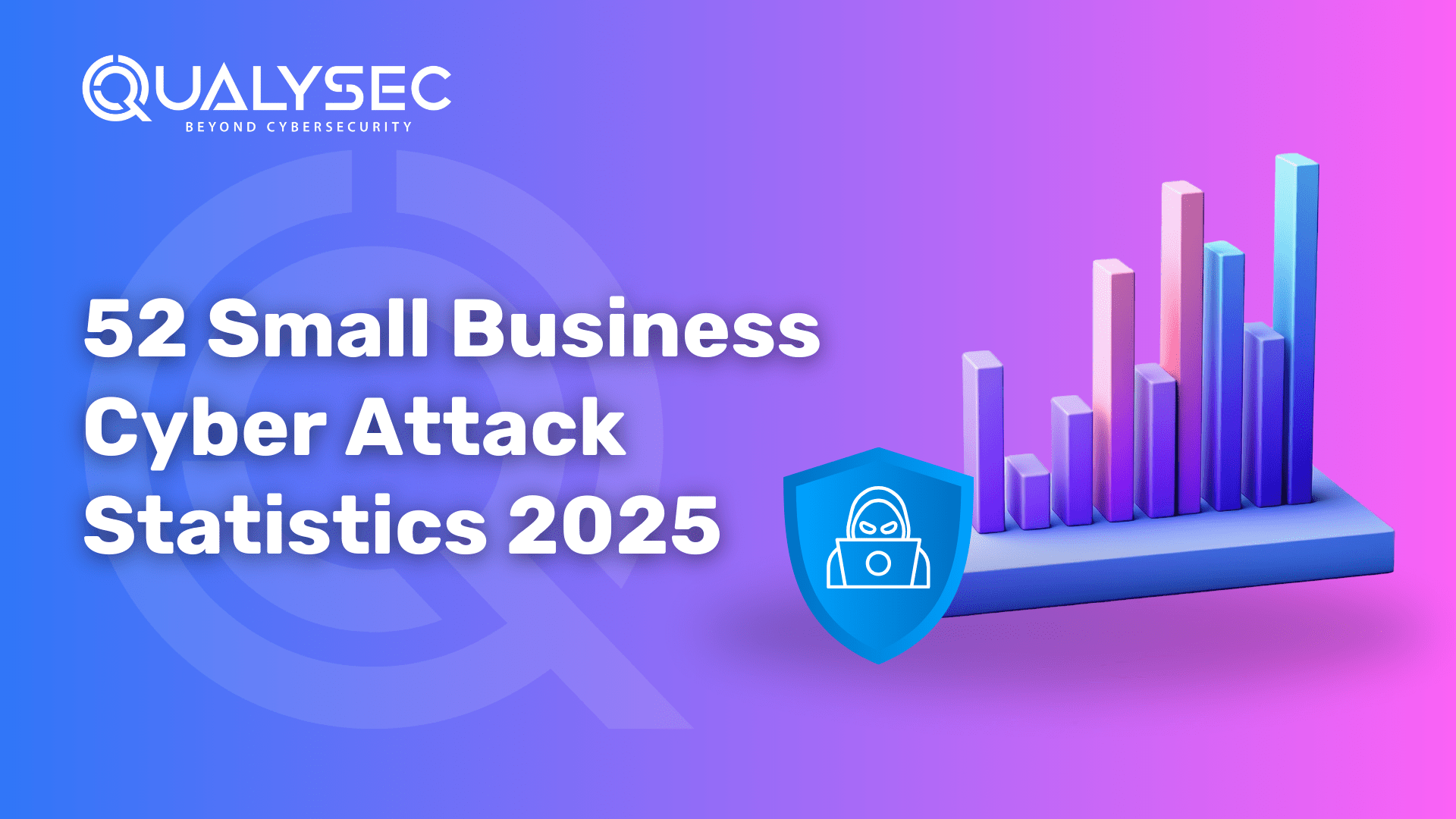

















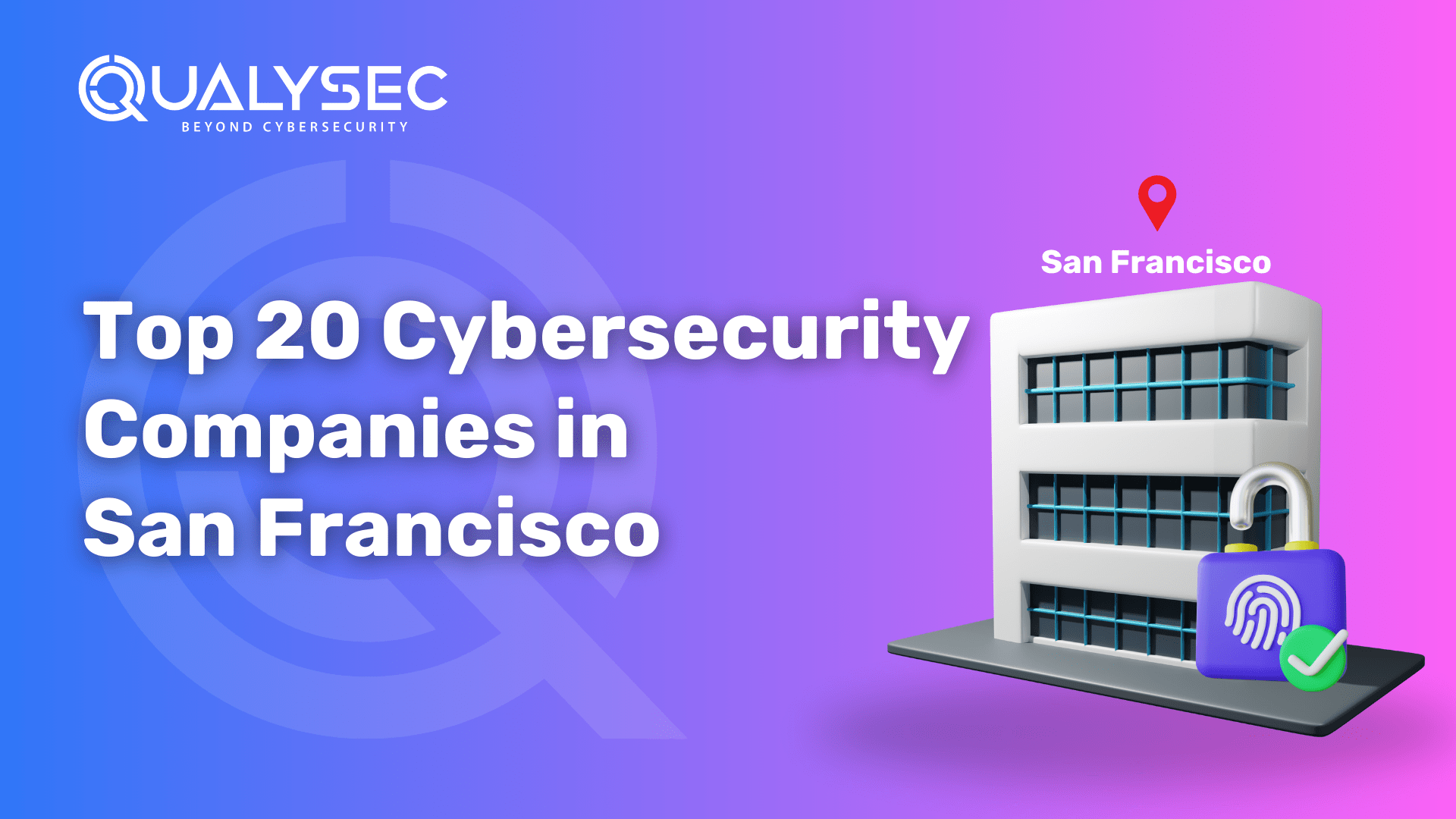








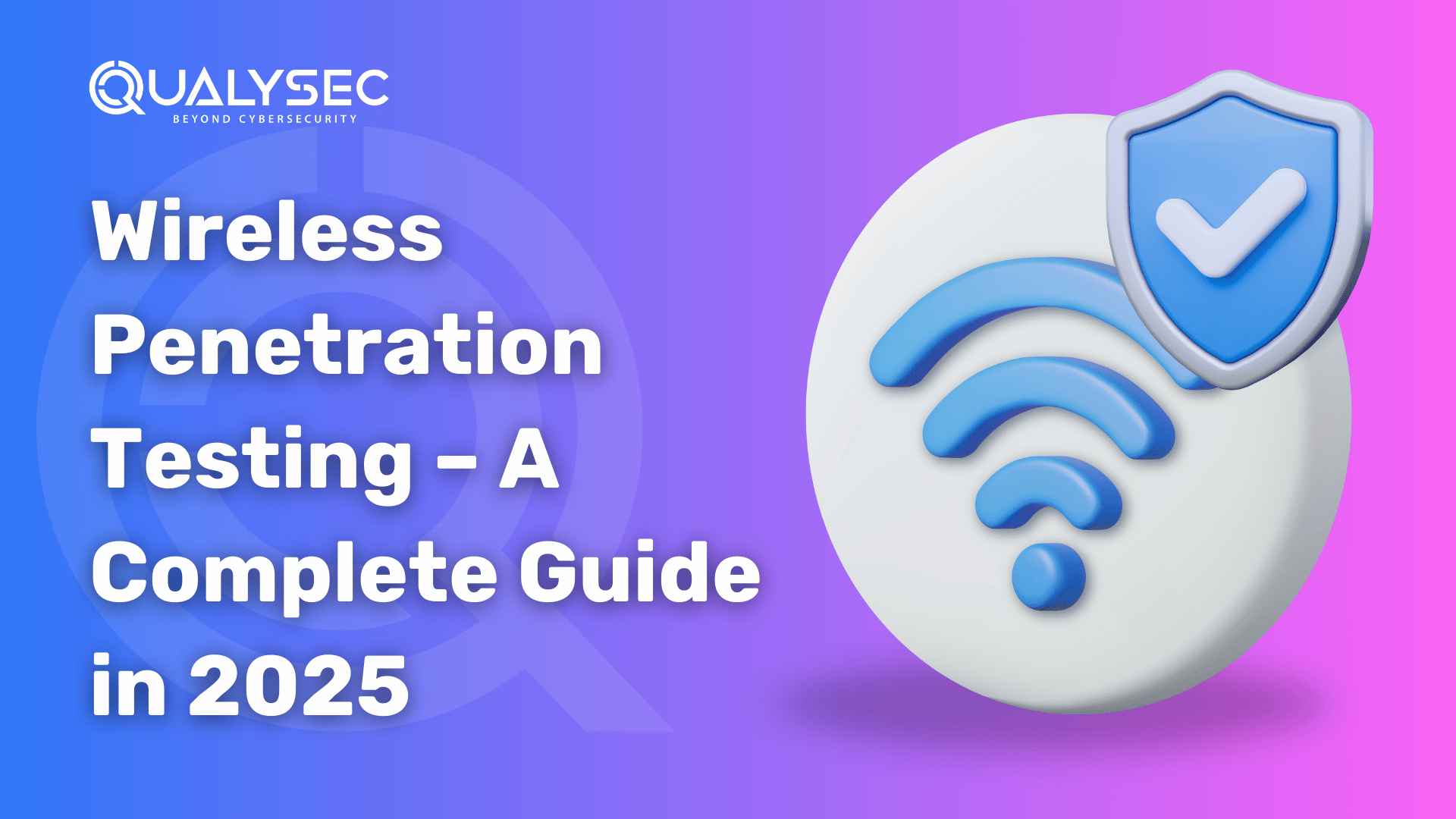




























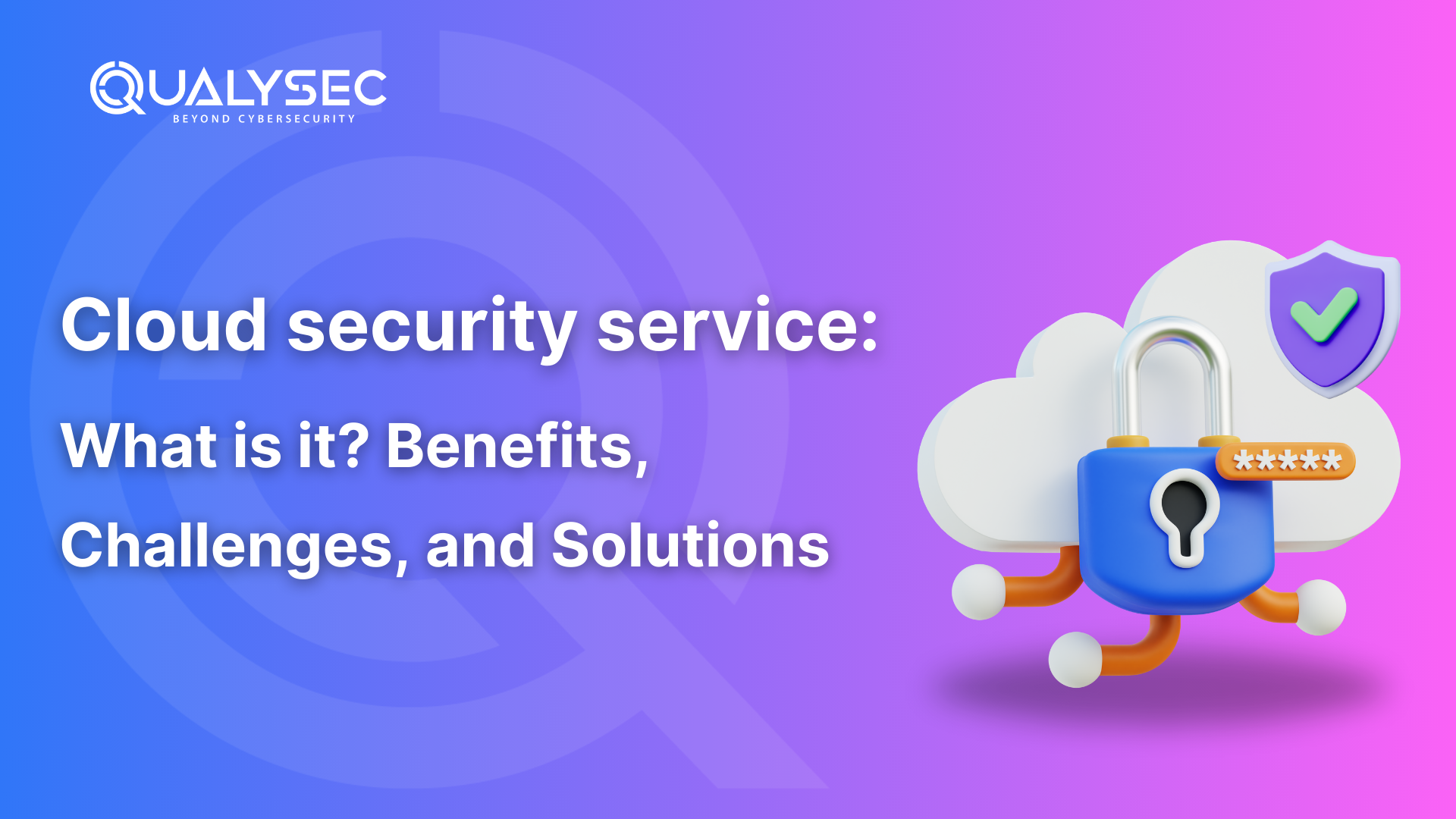


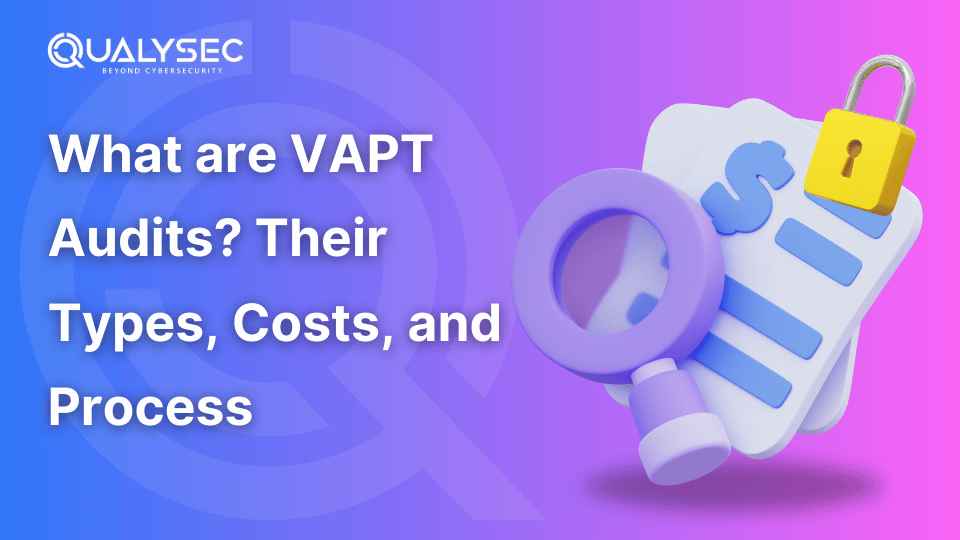








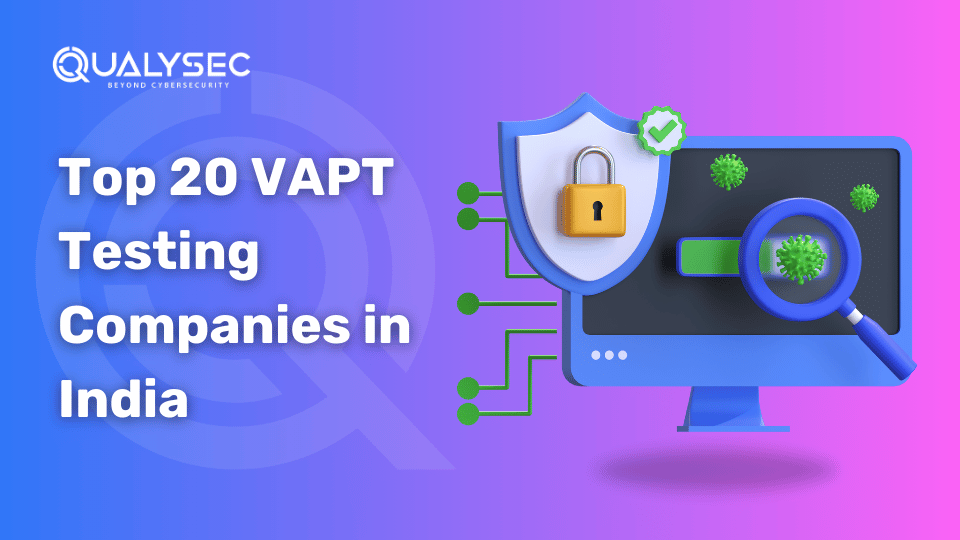


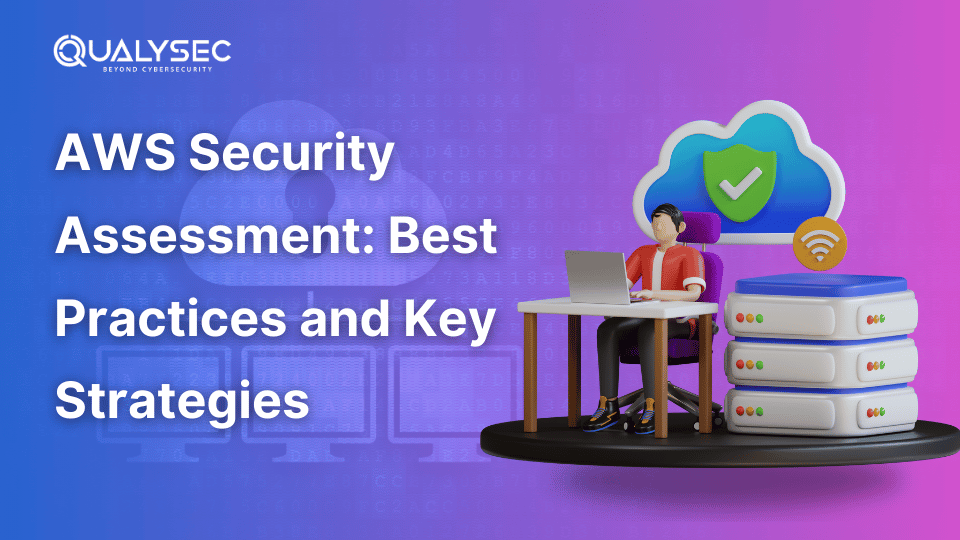




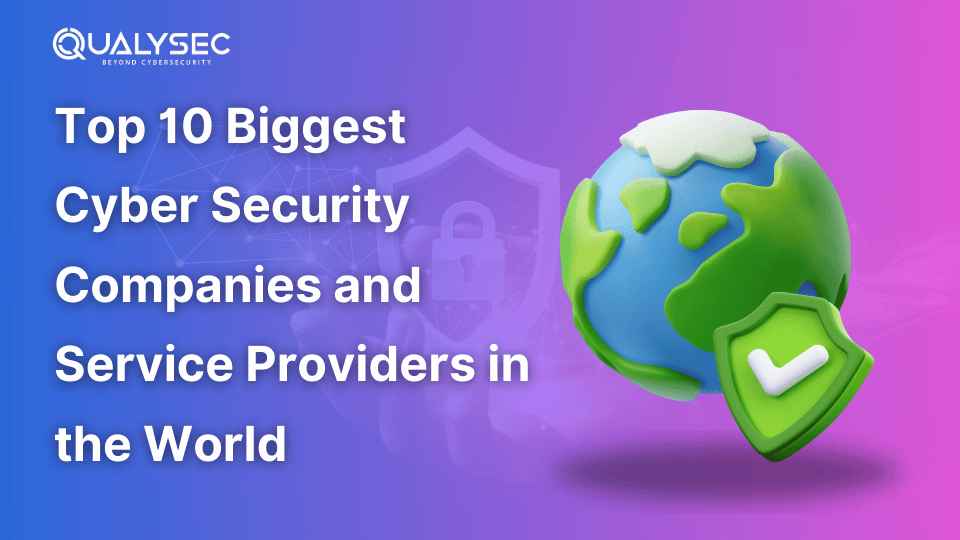















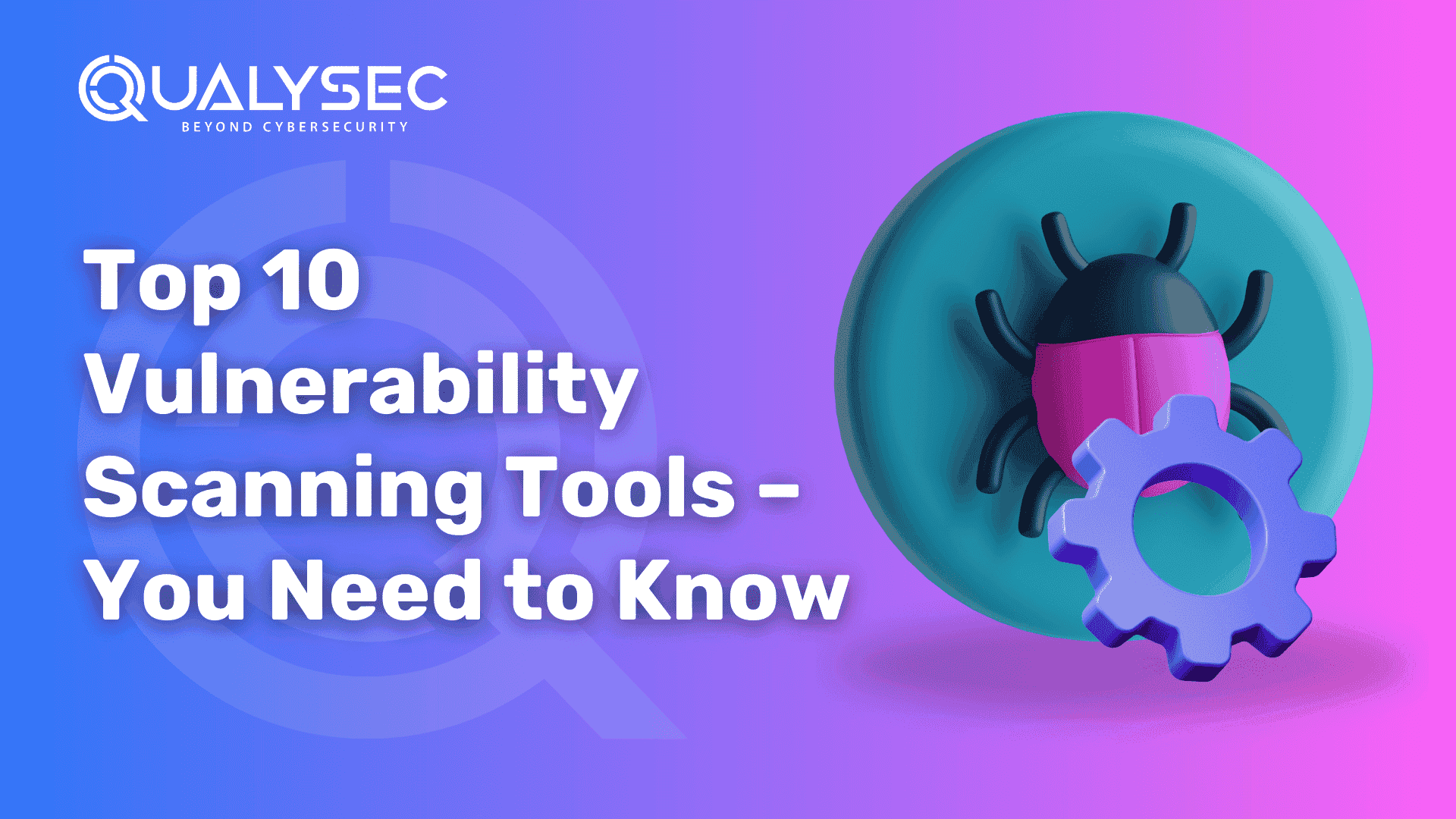


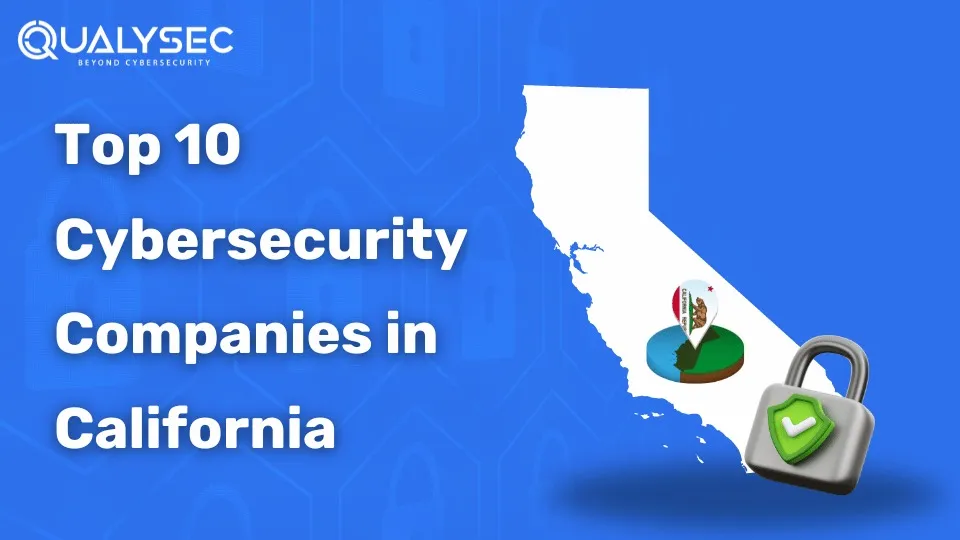
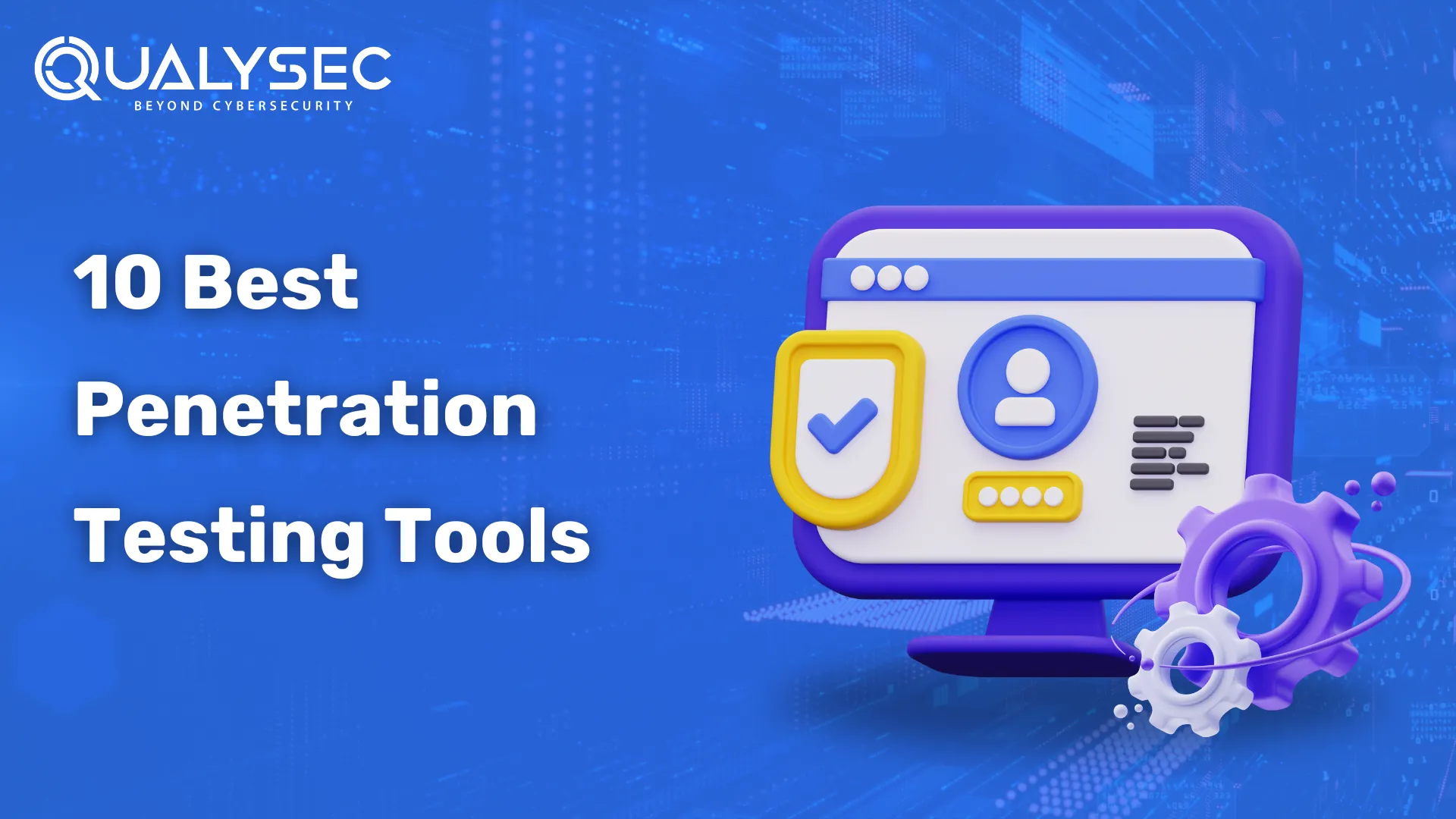





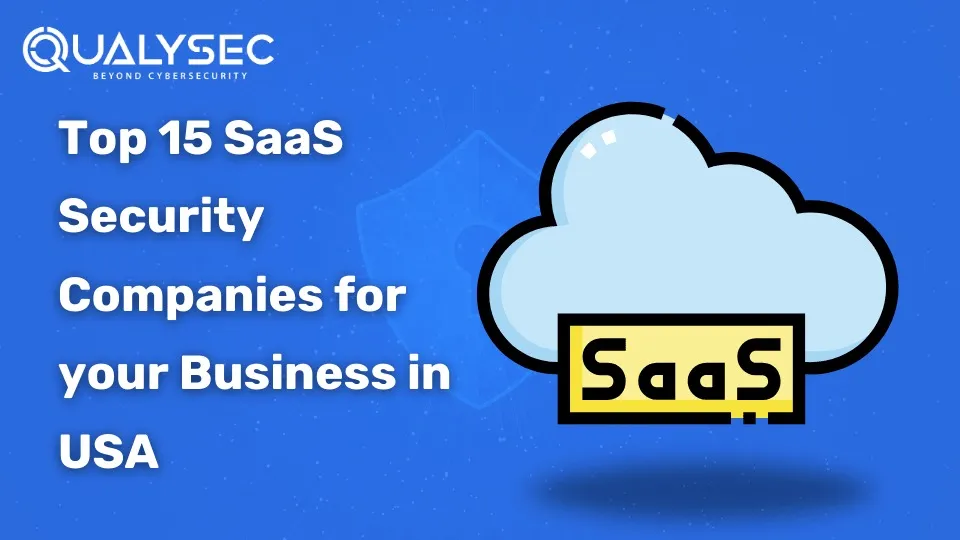



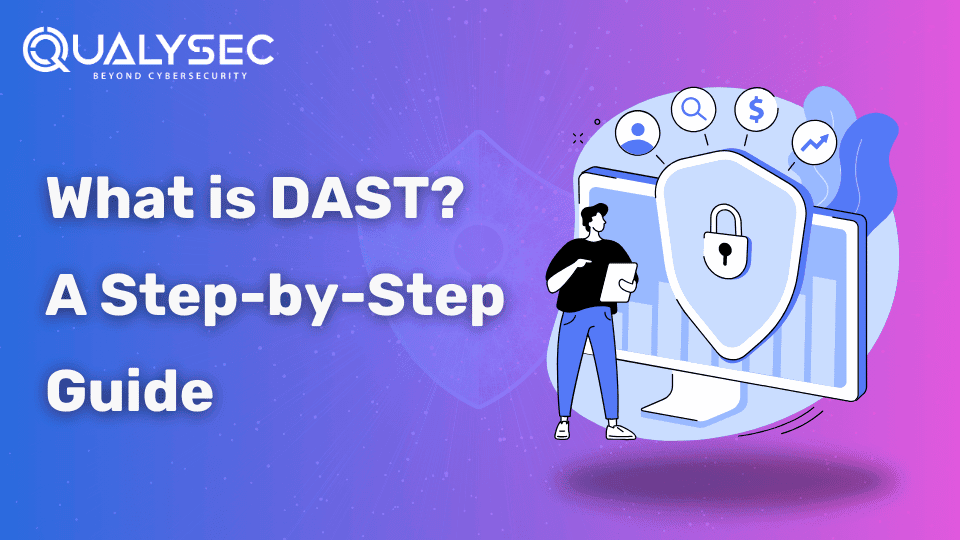


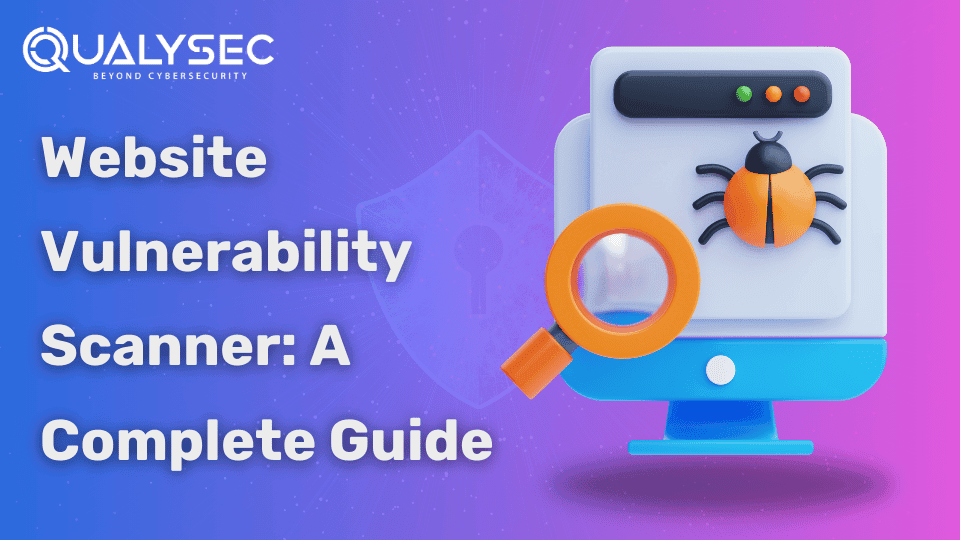

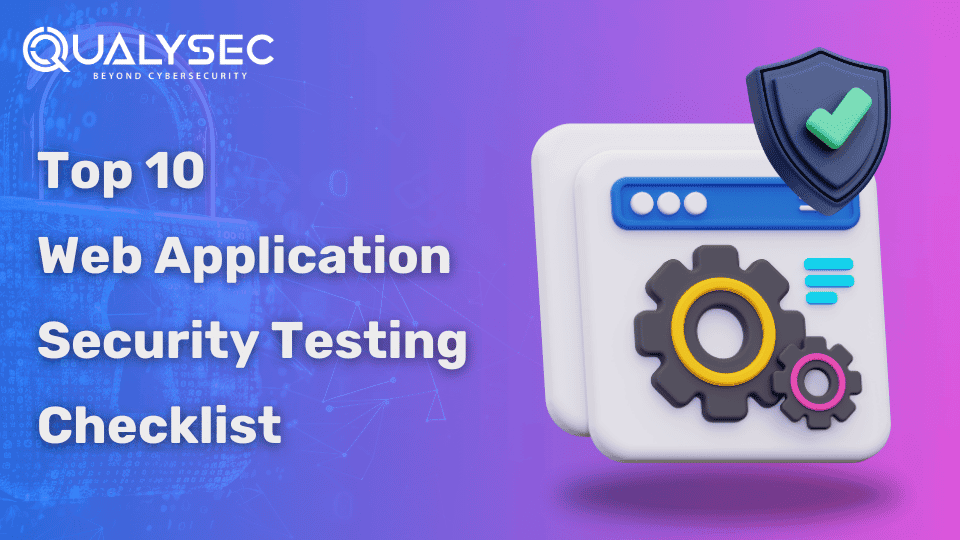

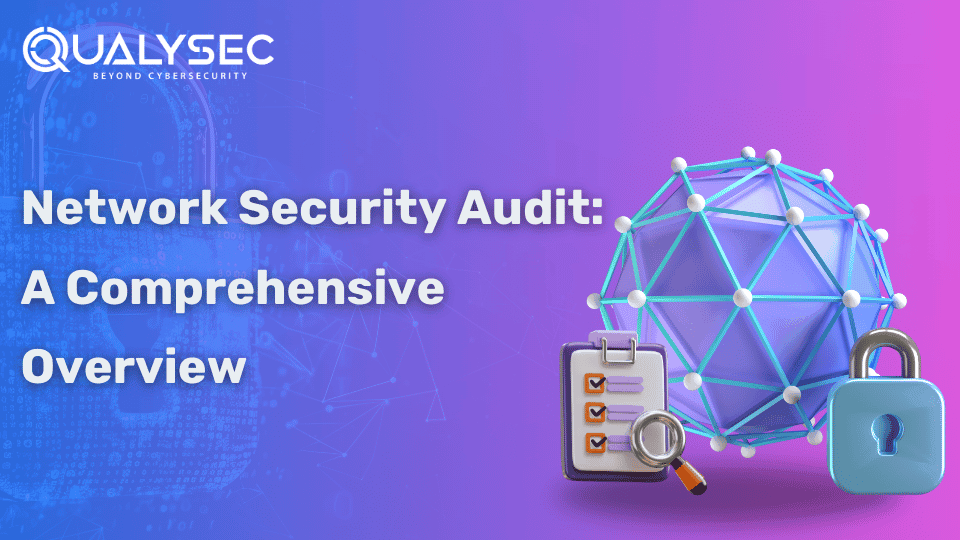











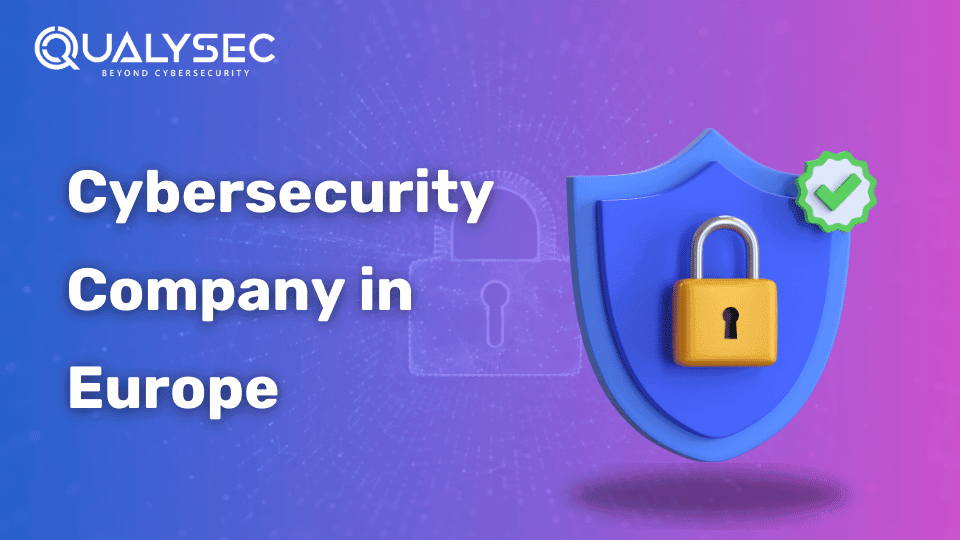
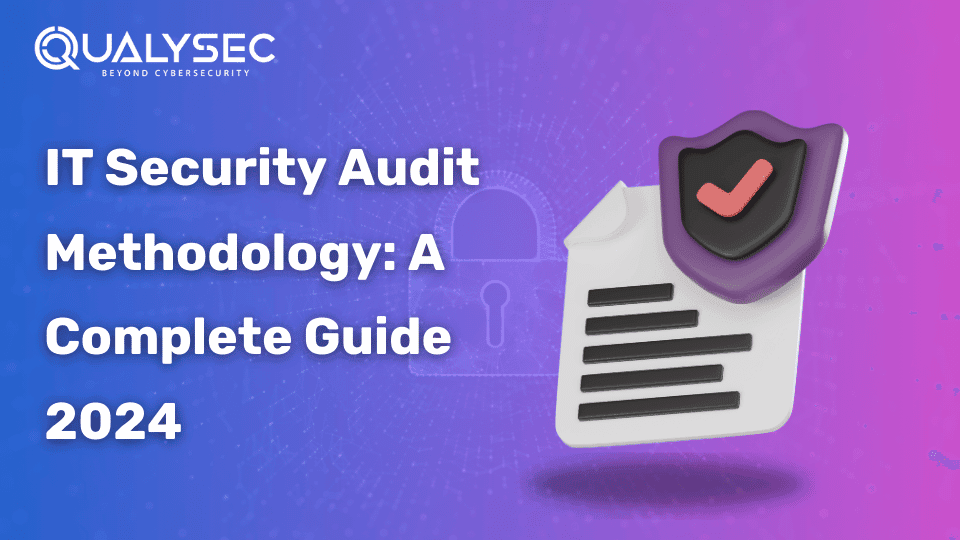

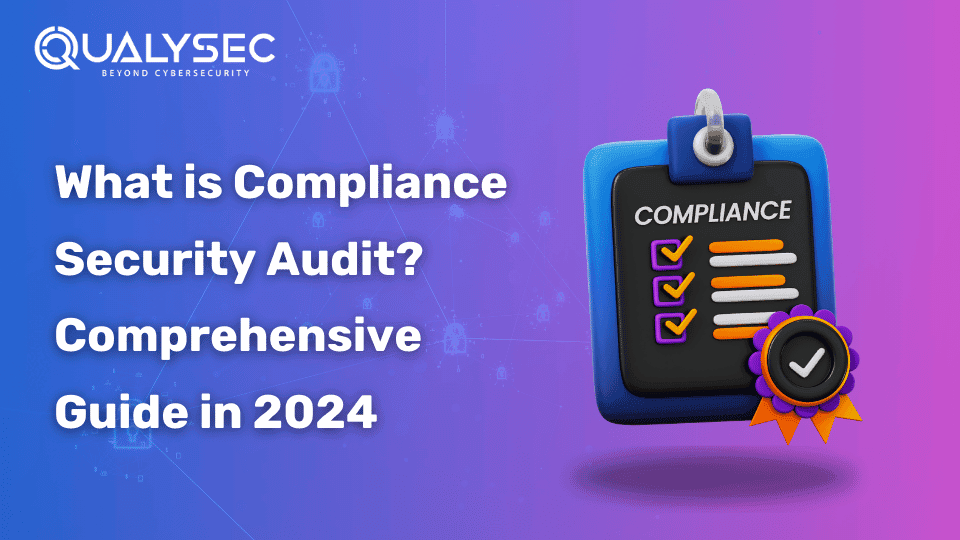


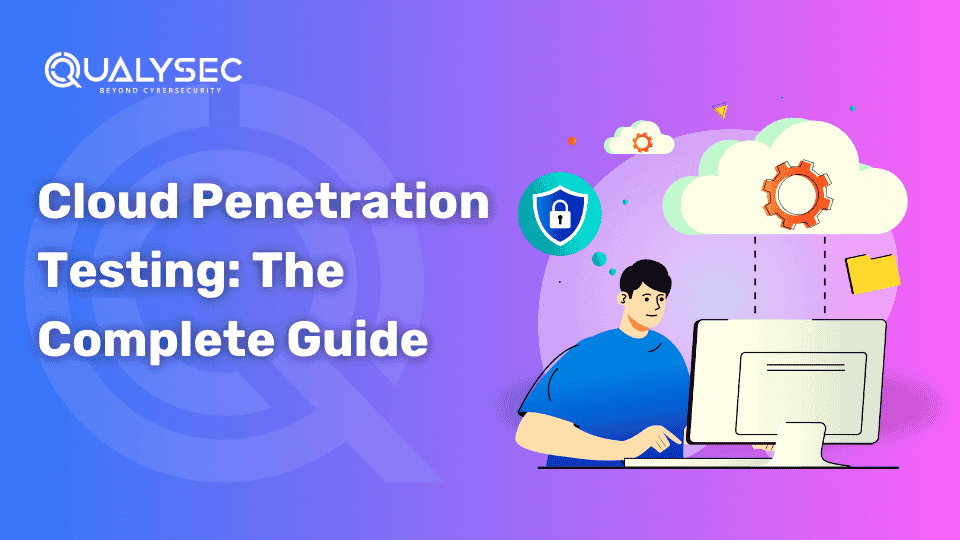


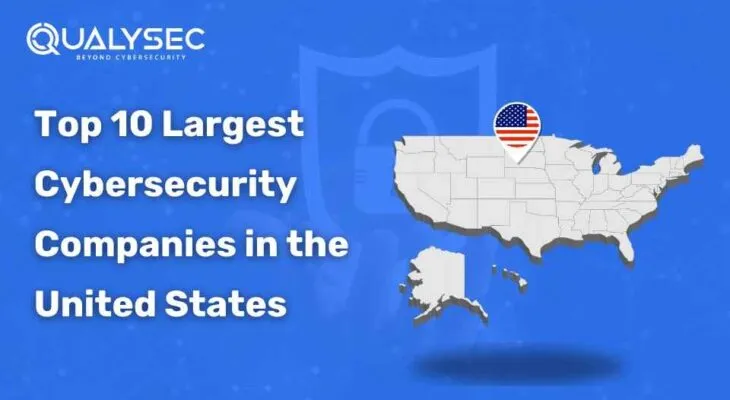


























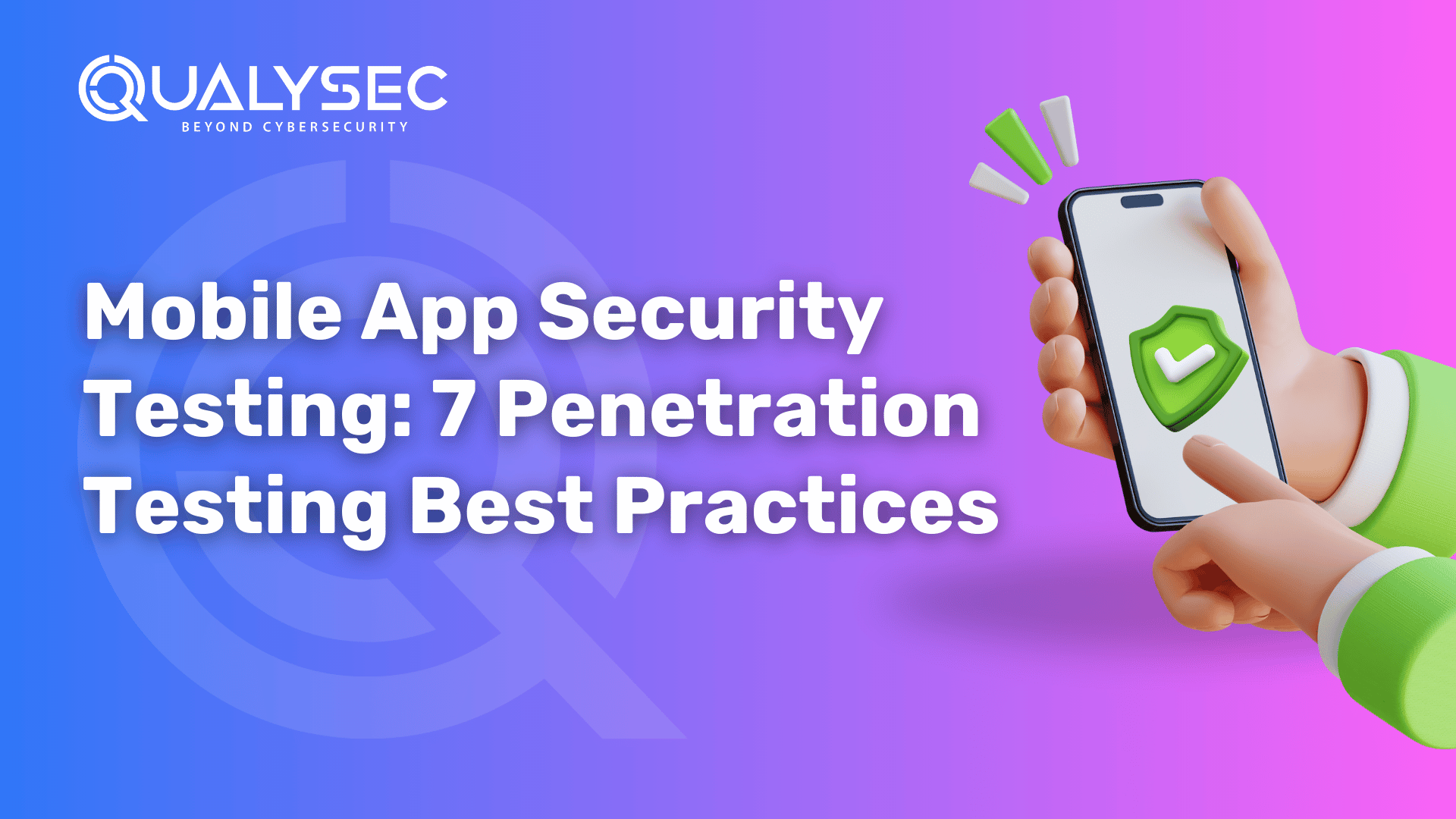














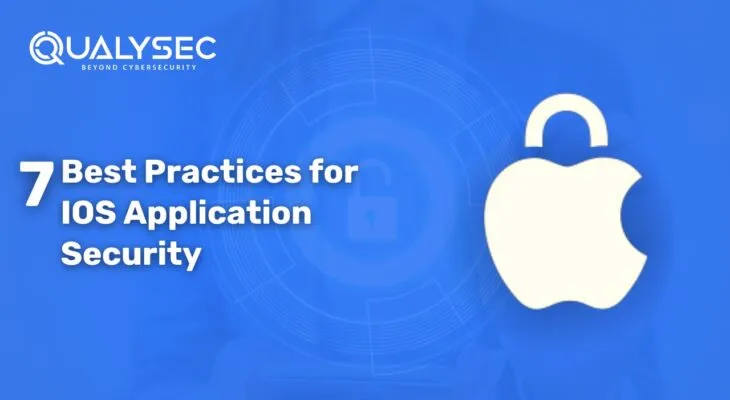


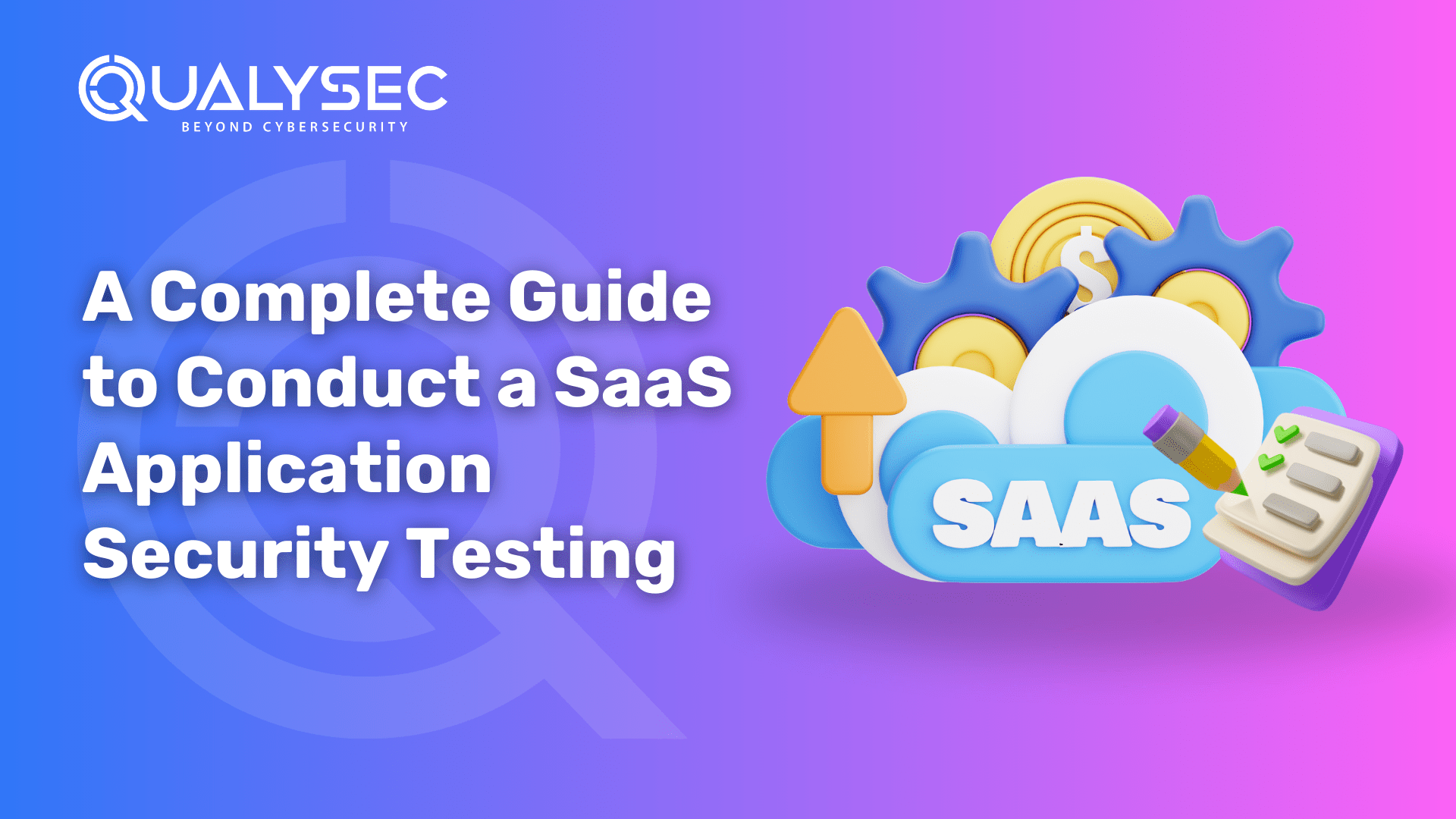





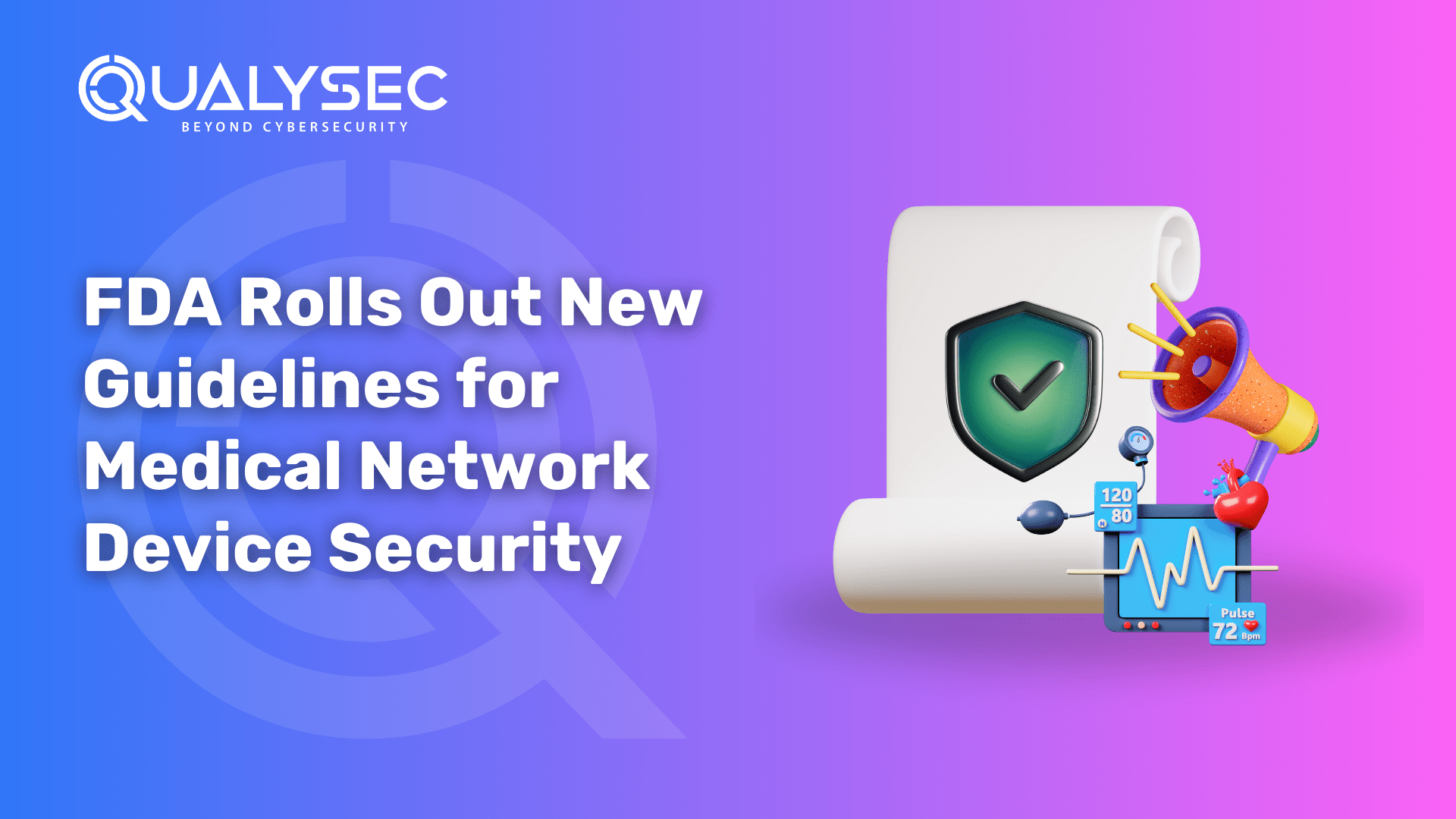





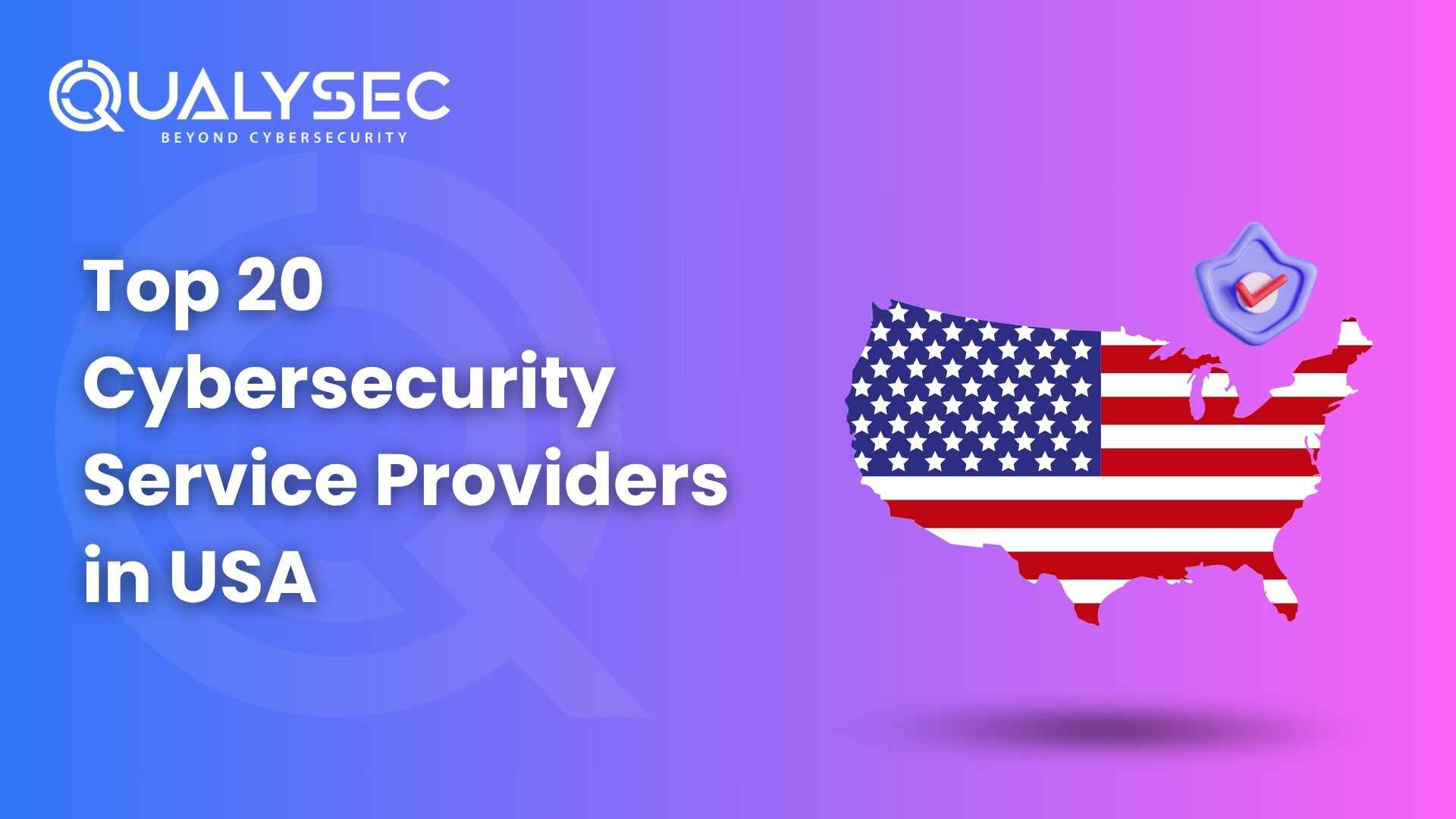










































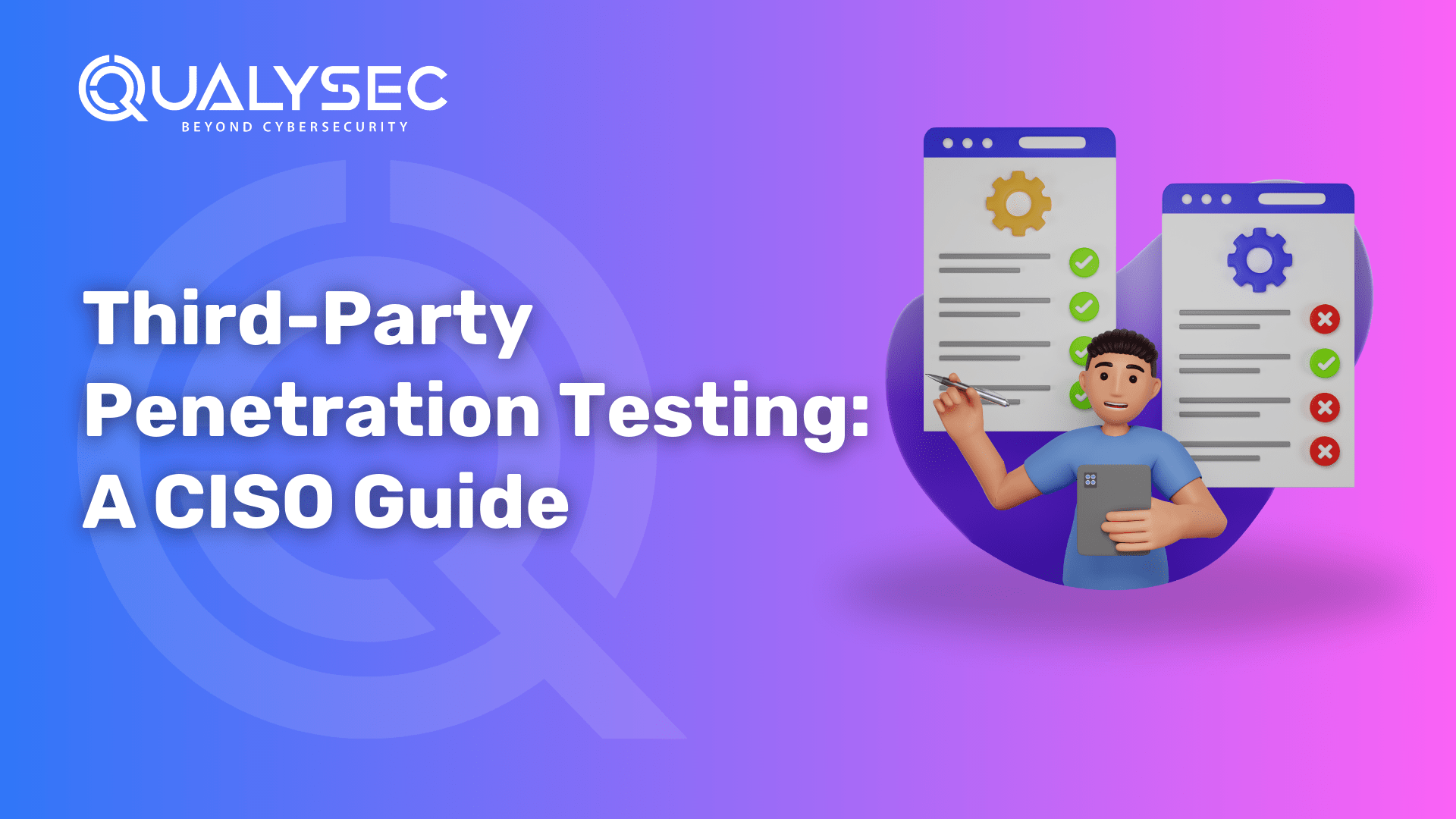




































































































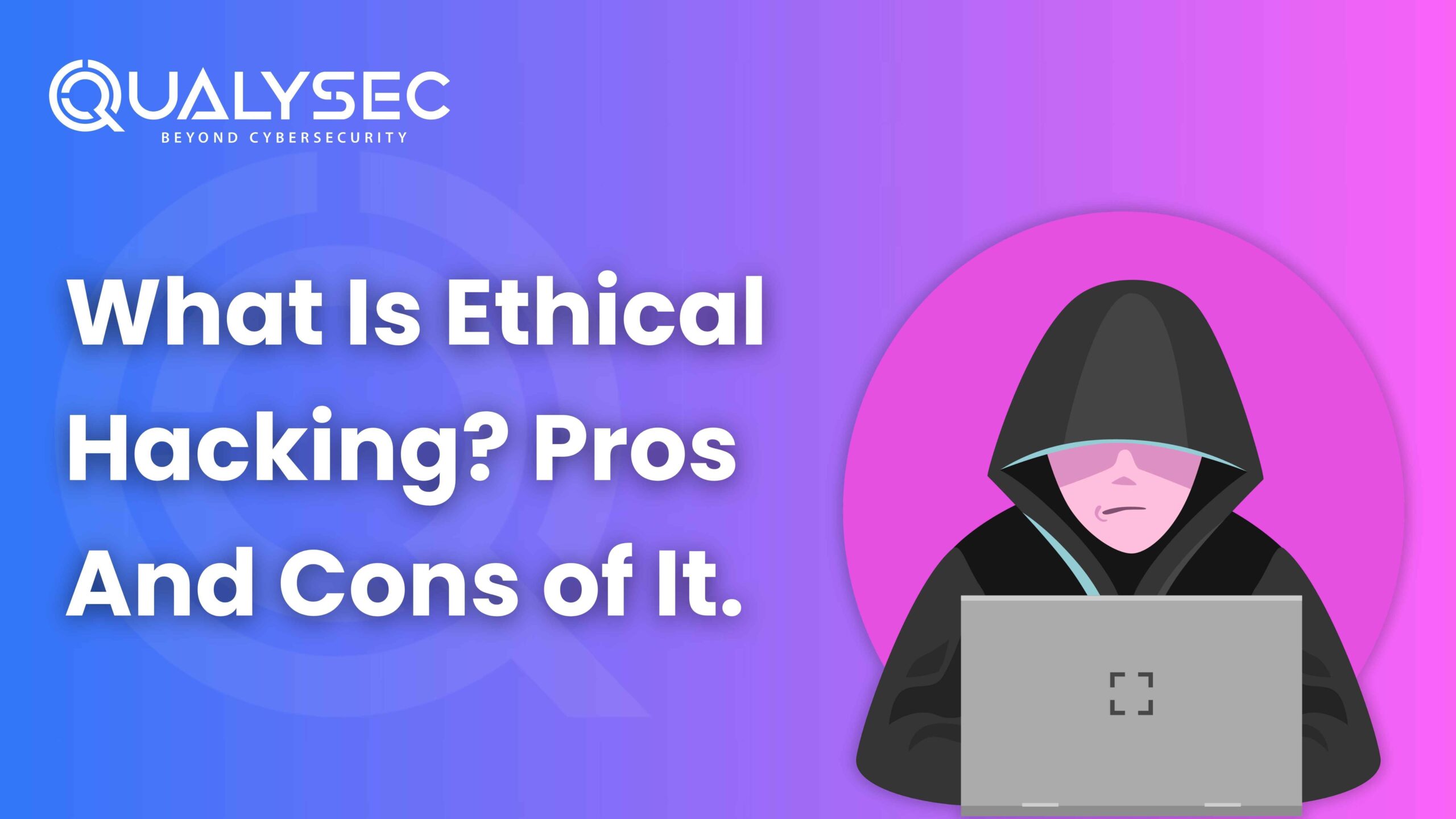







































0 Comments